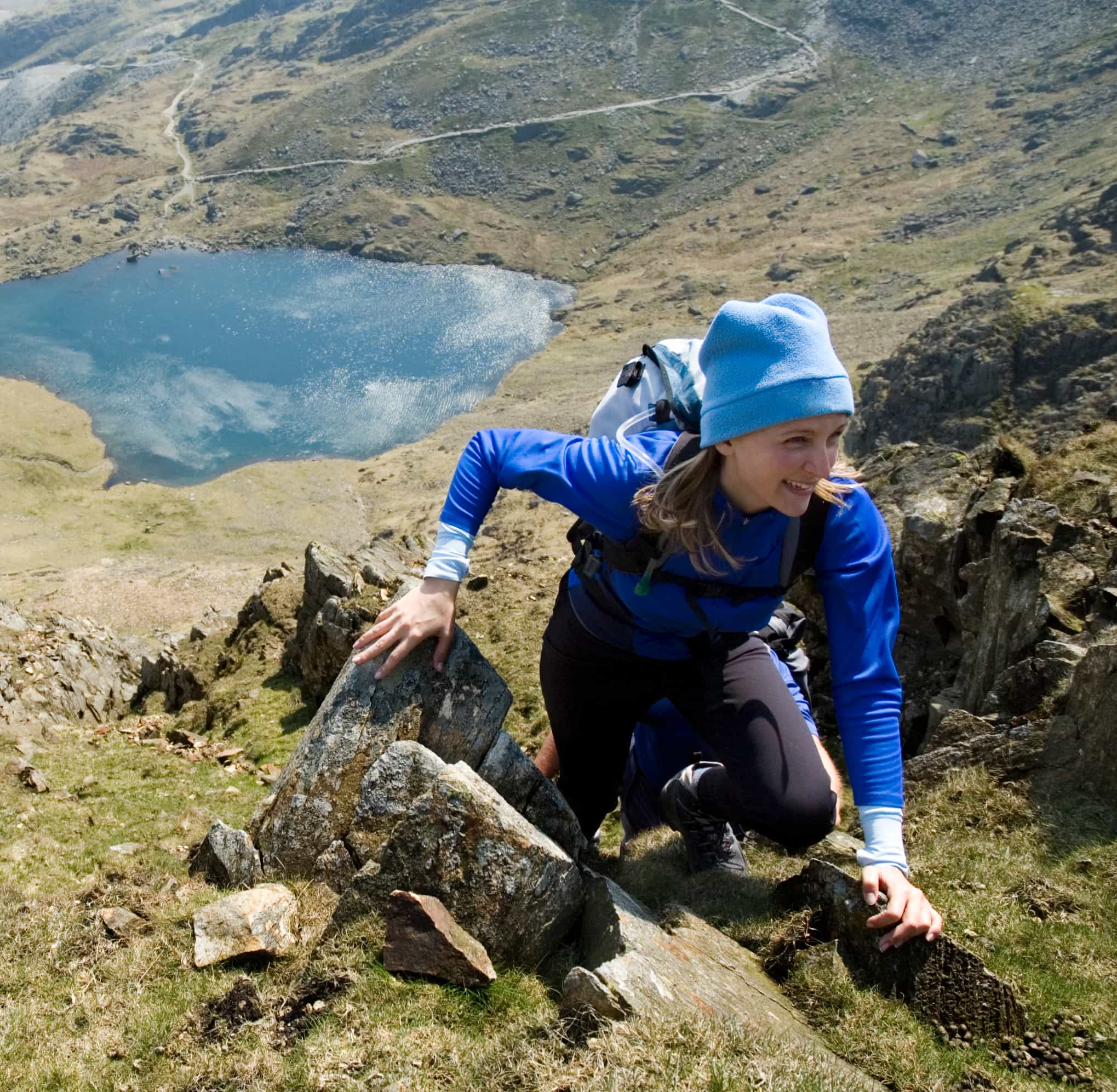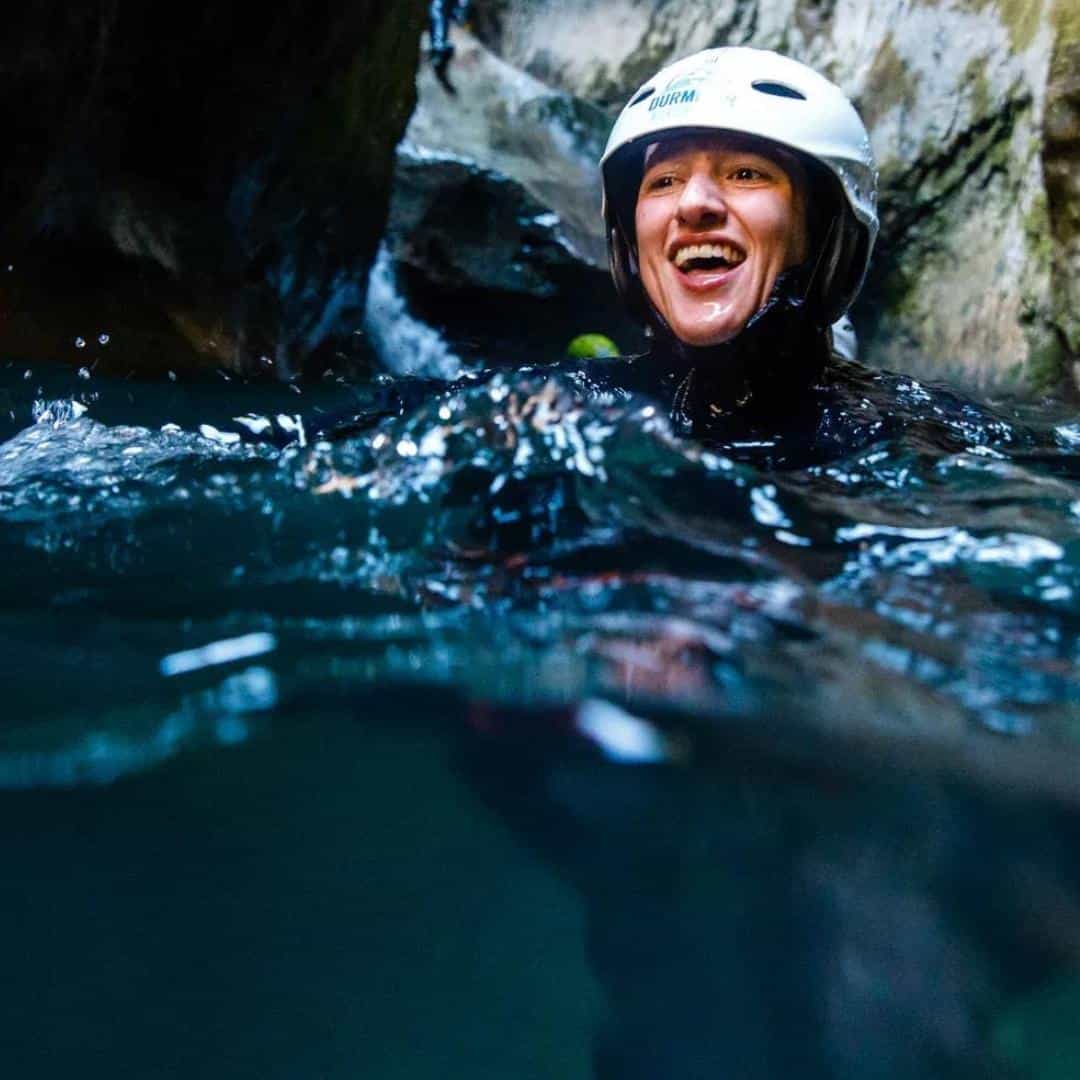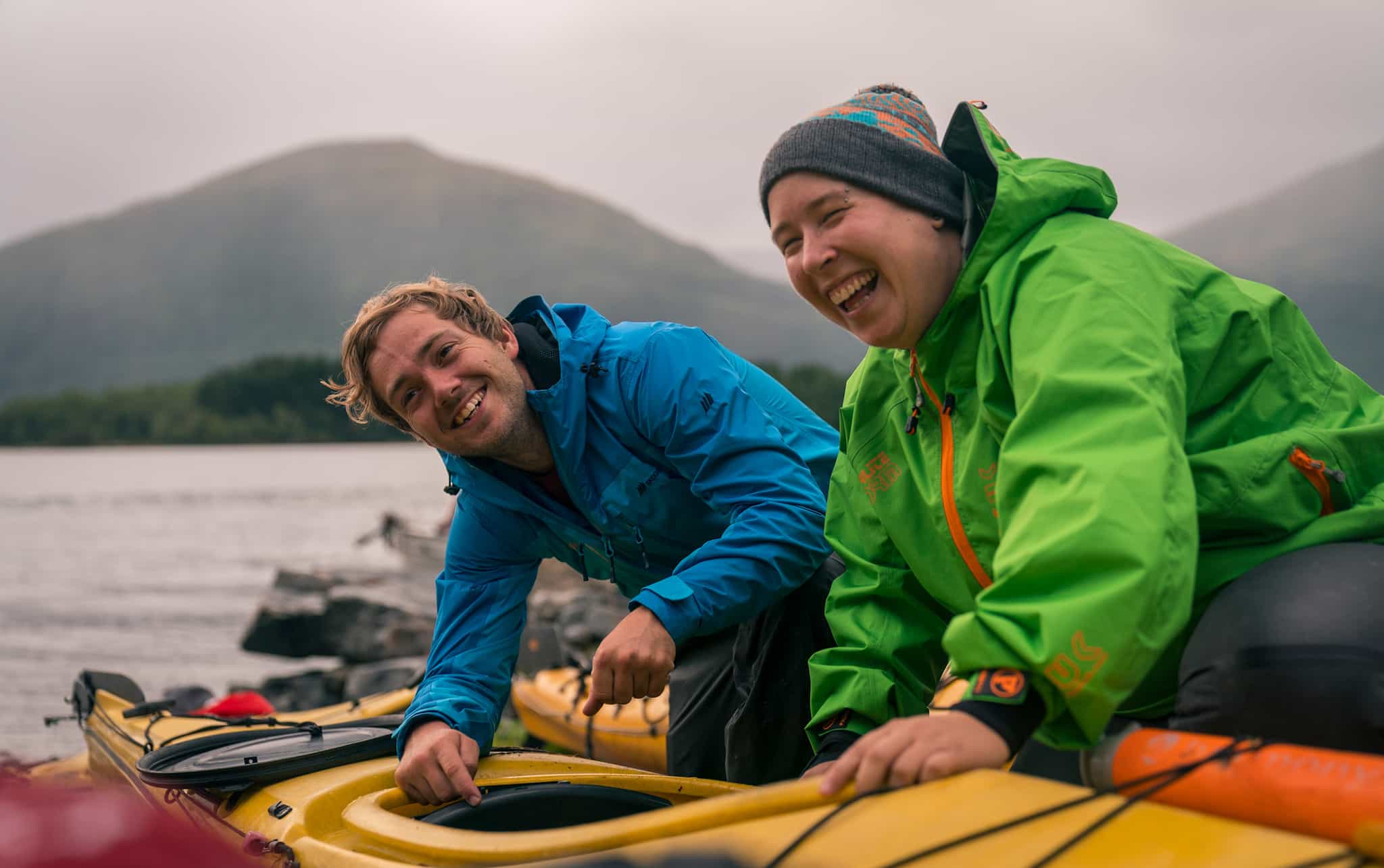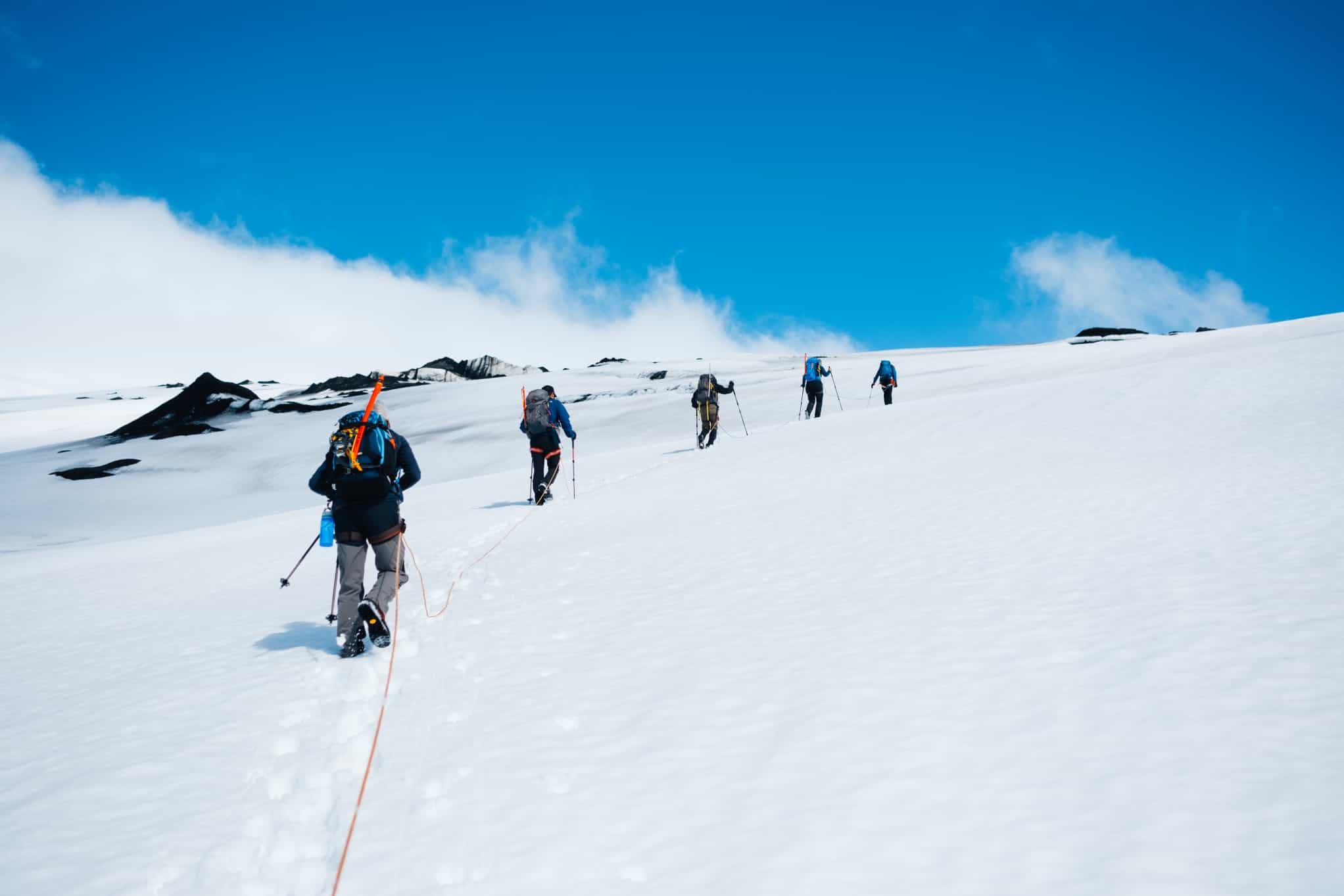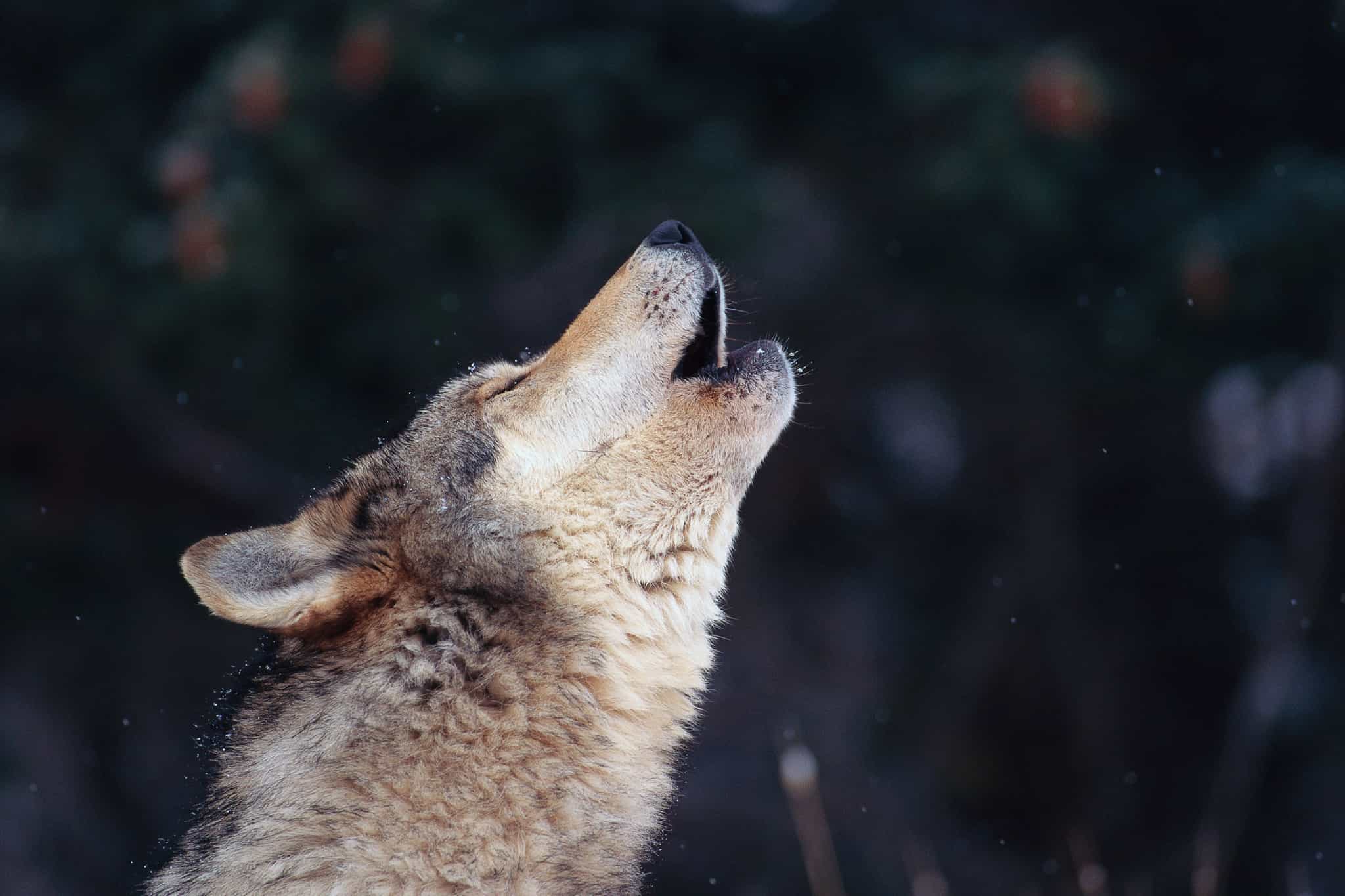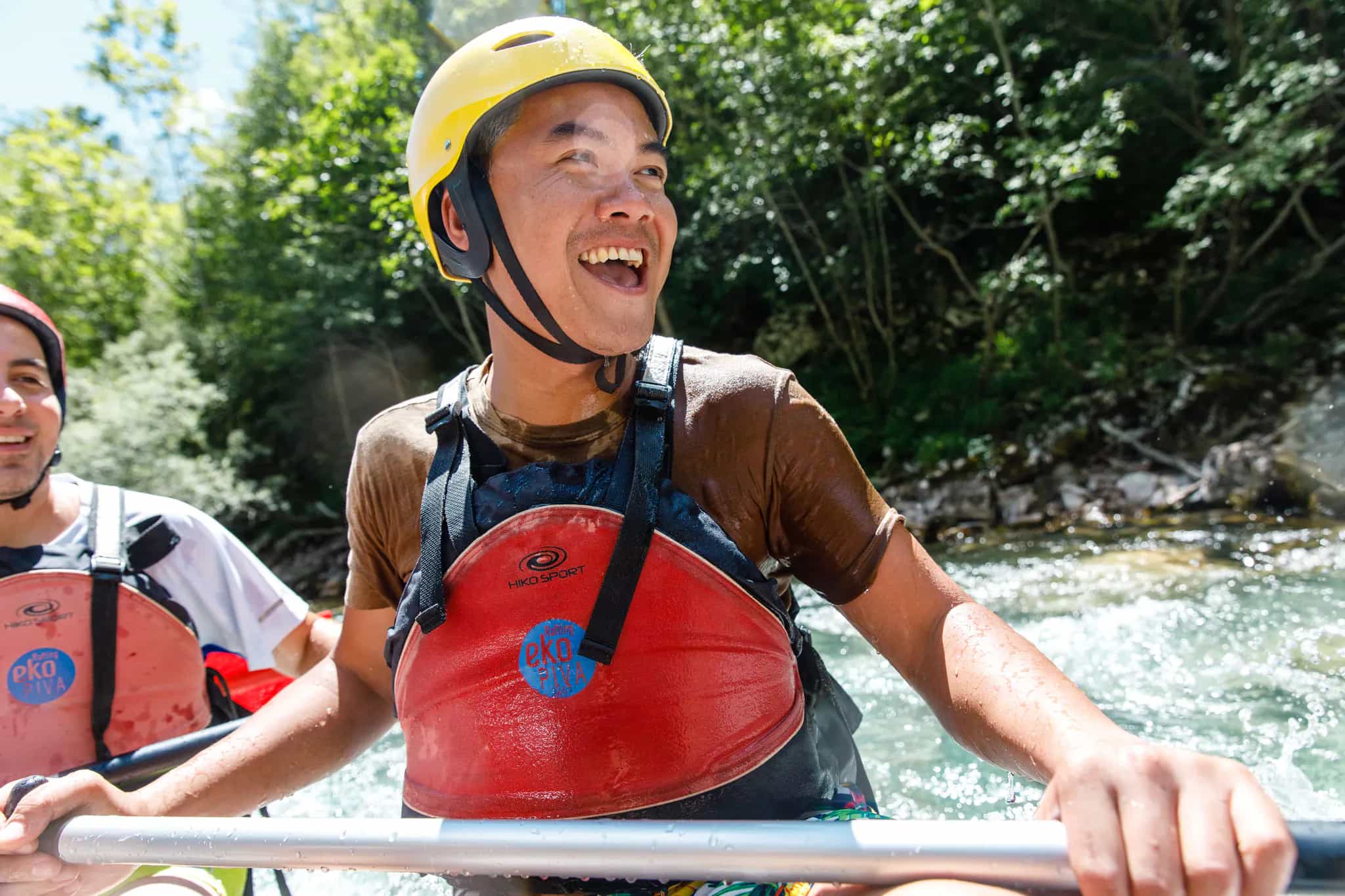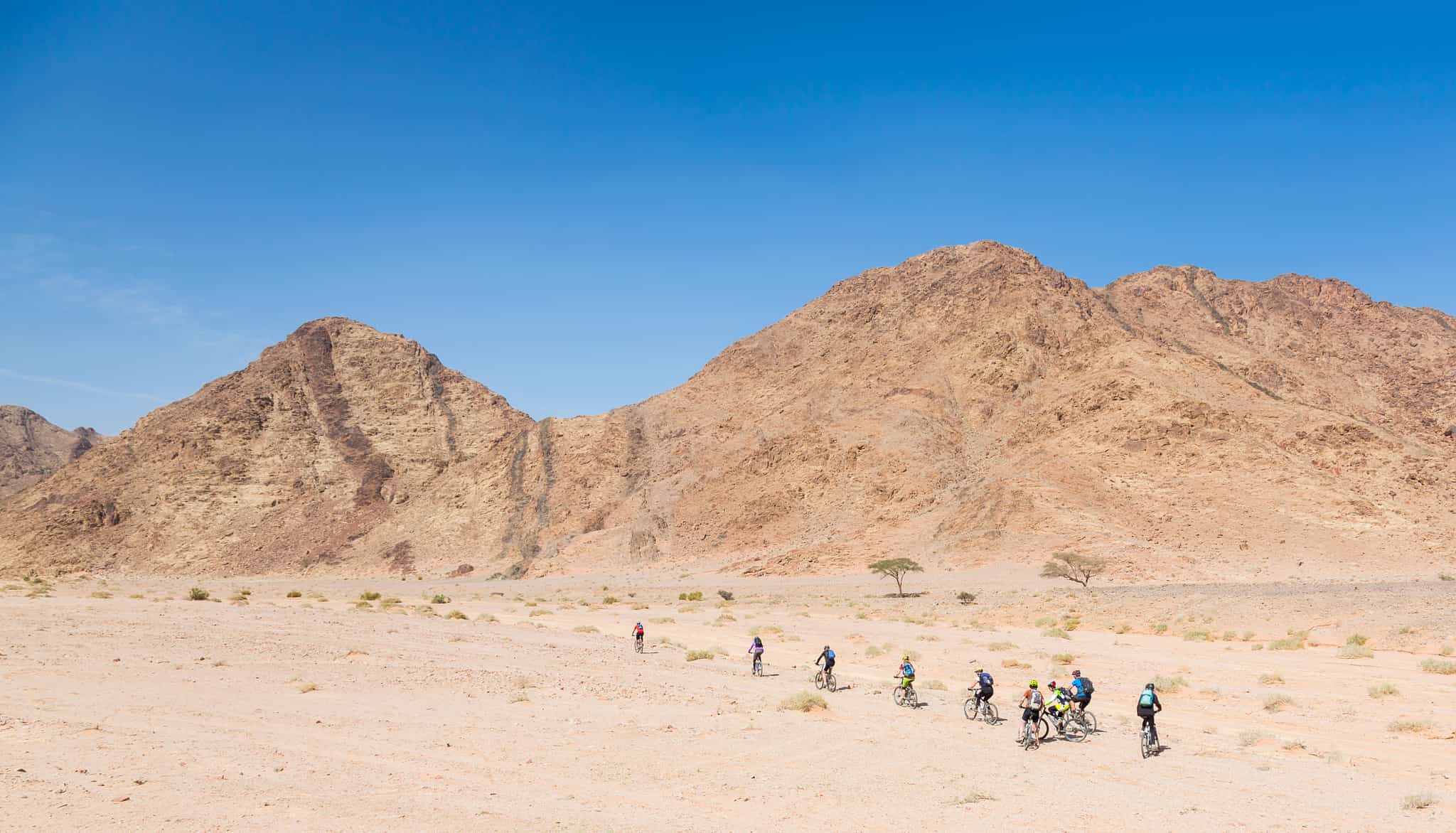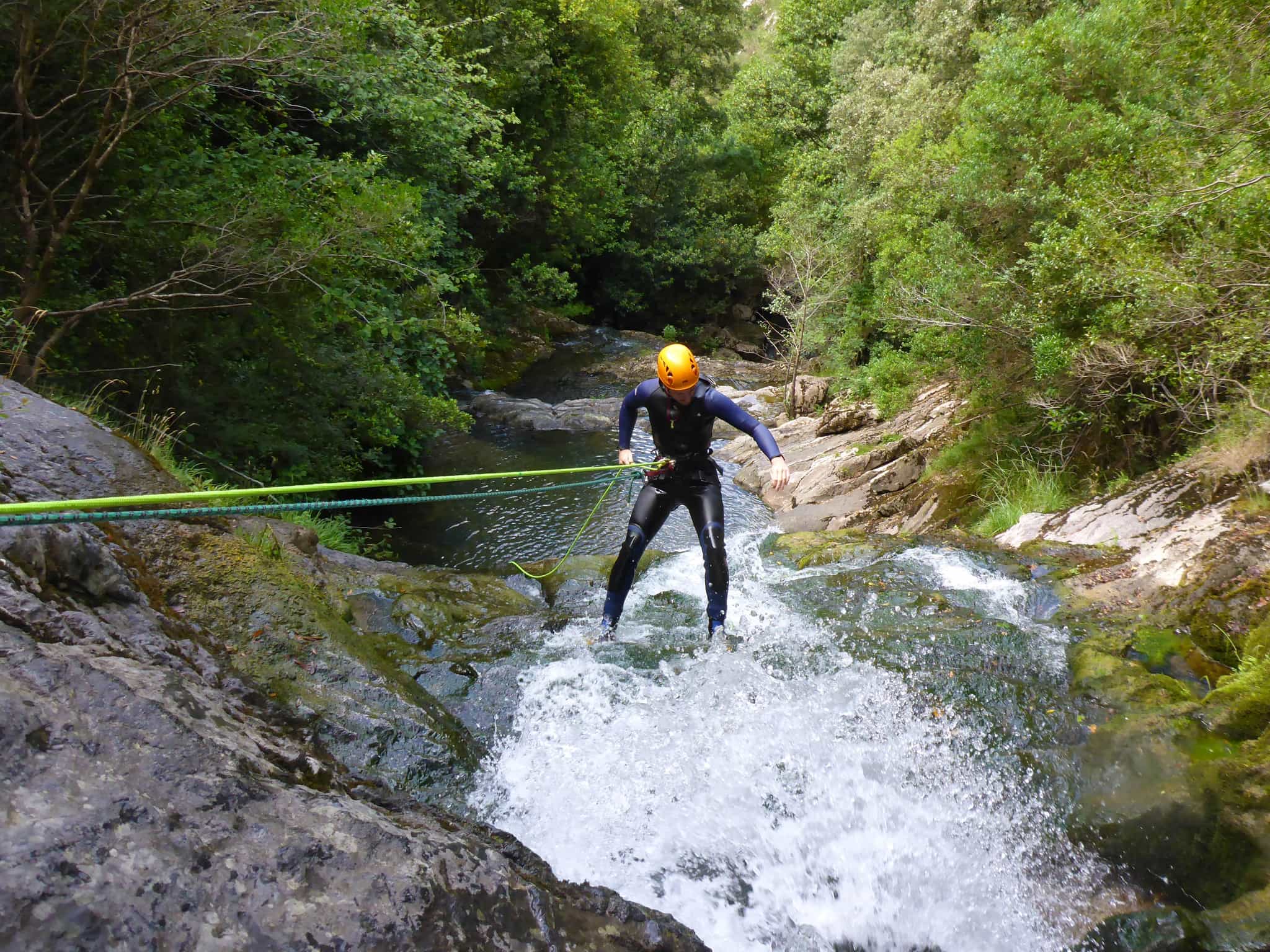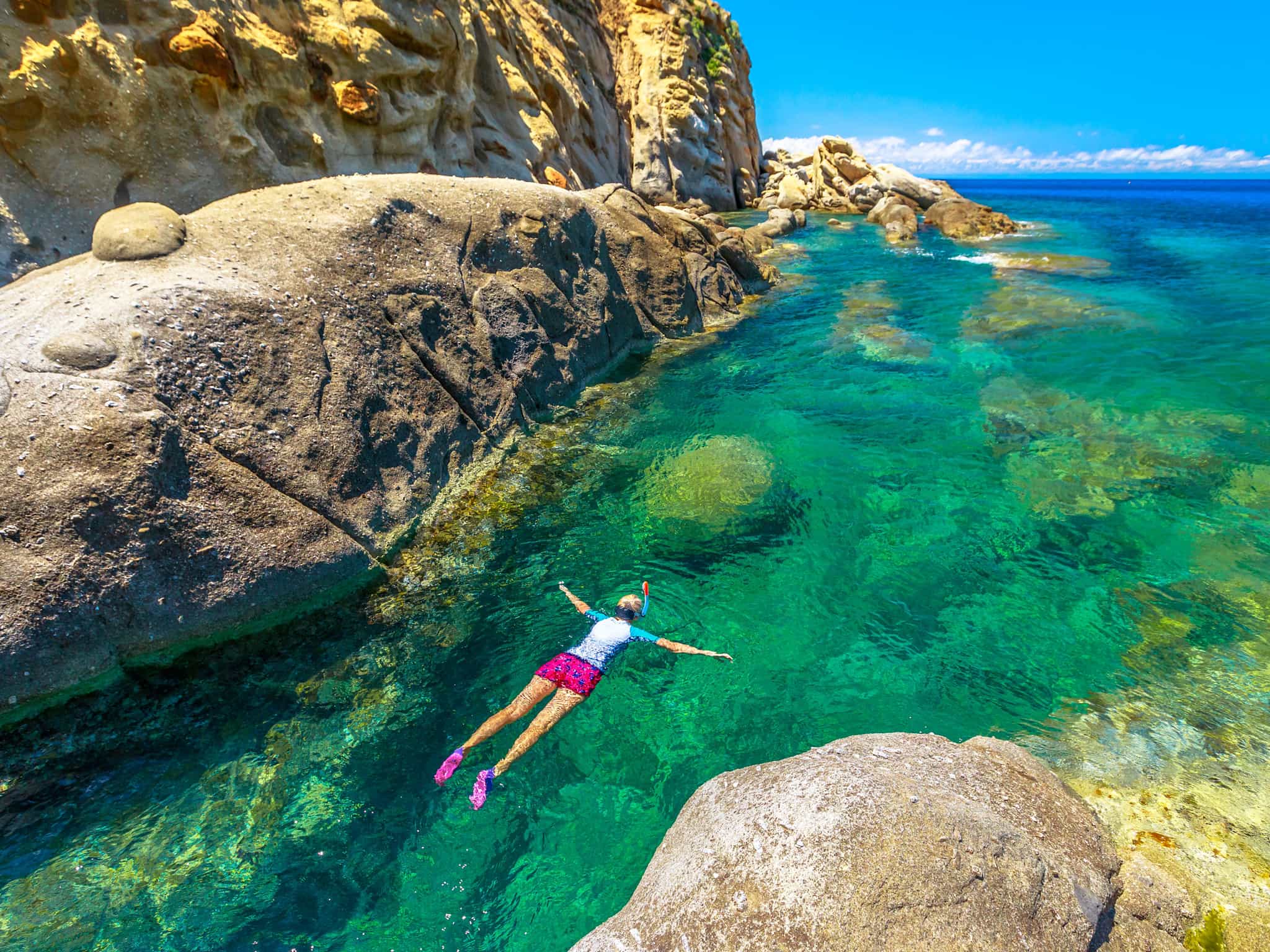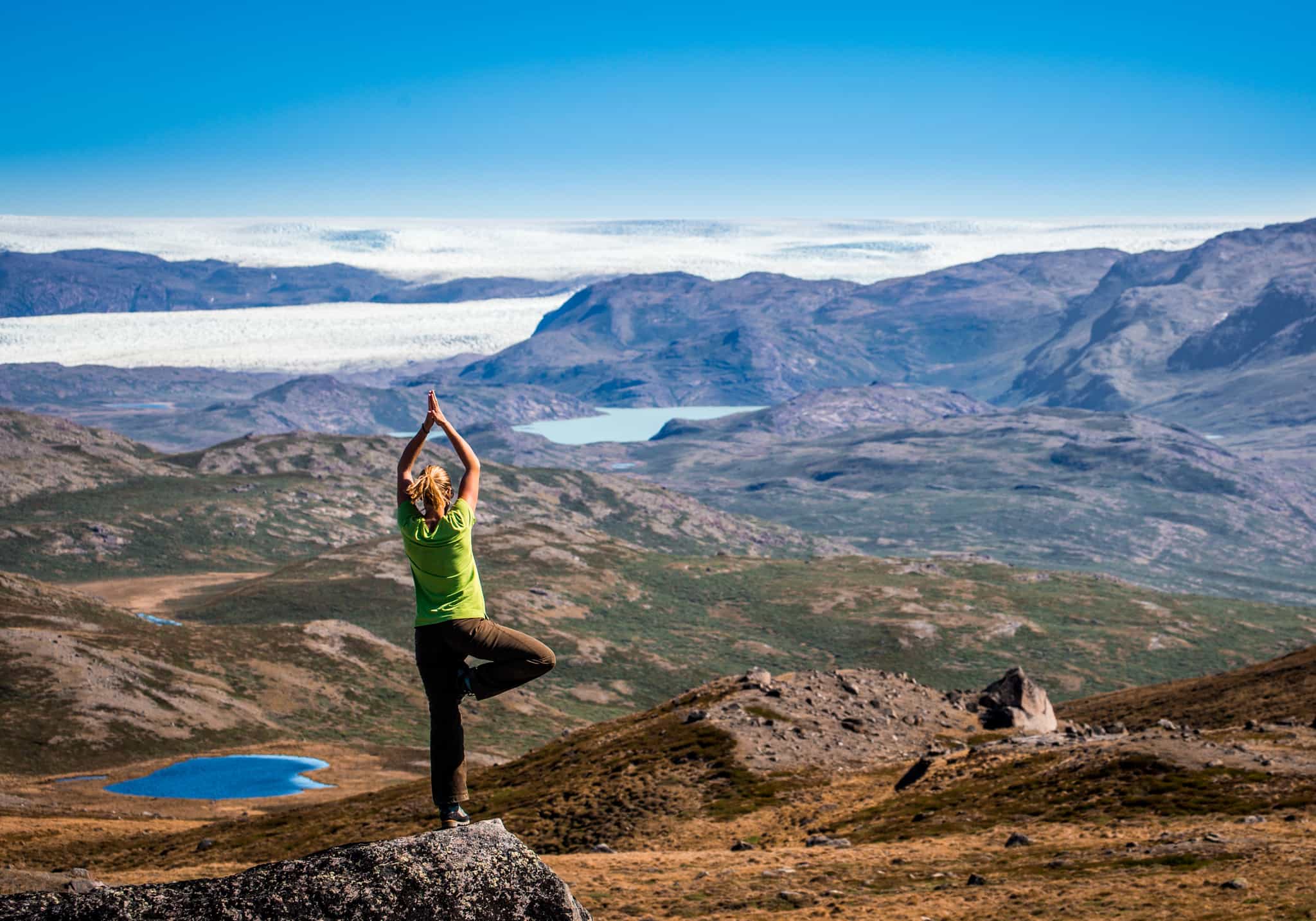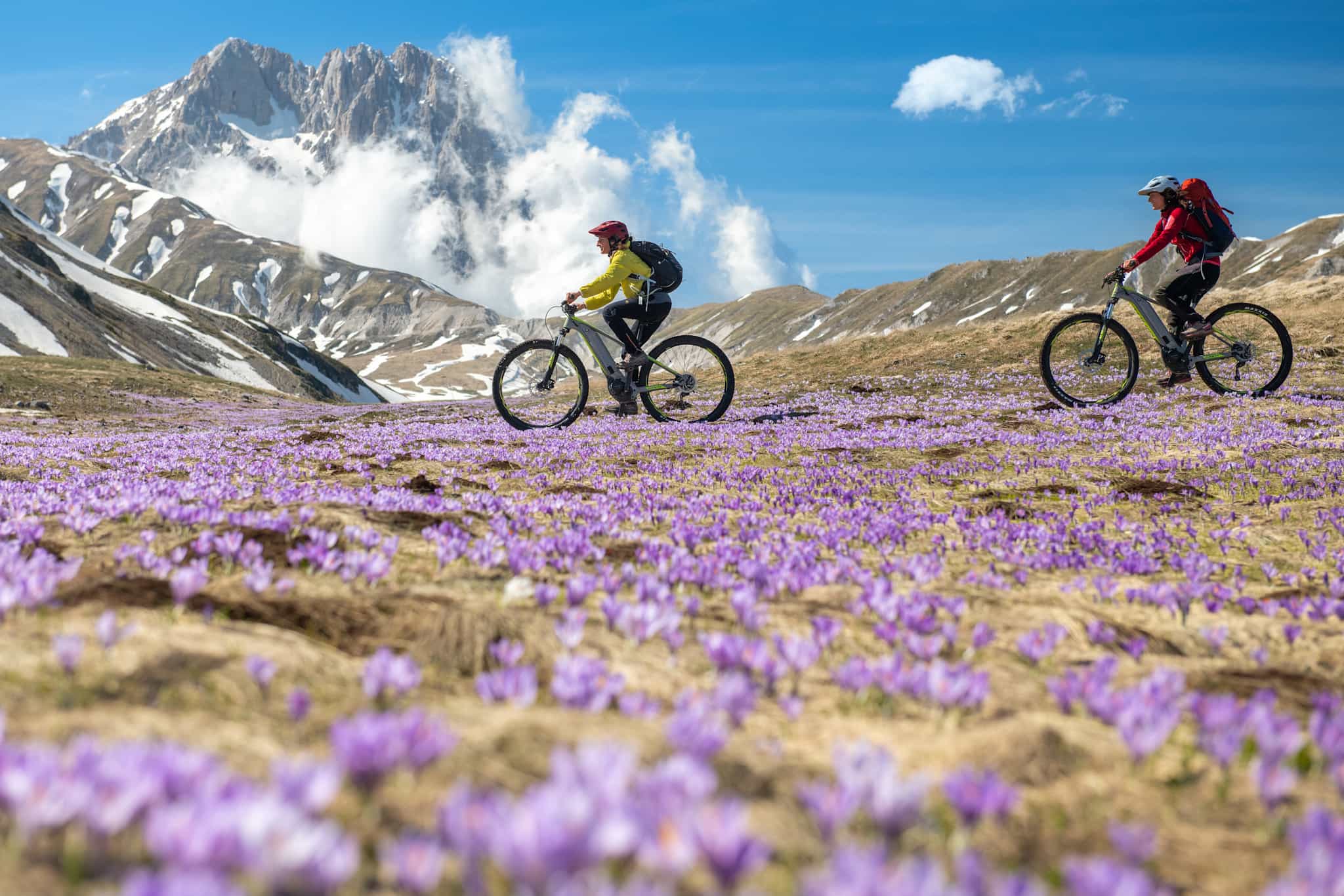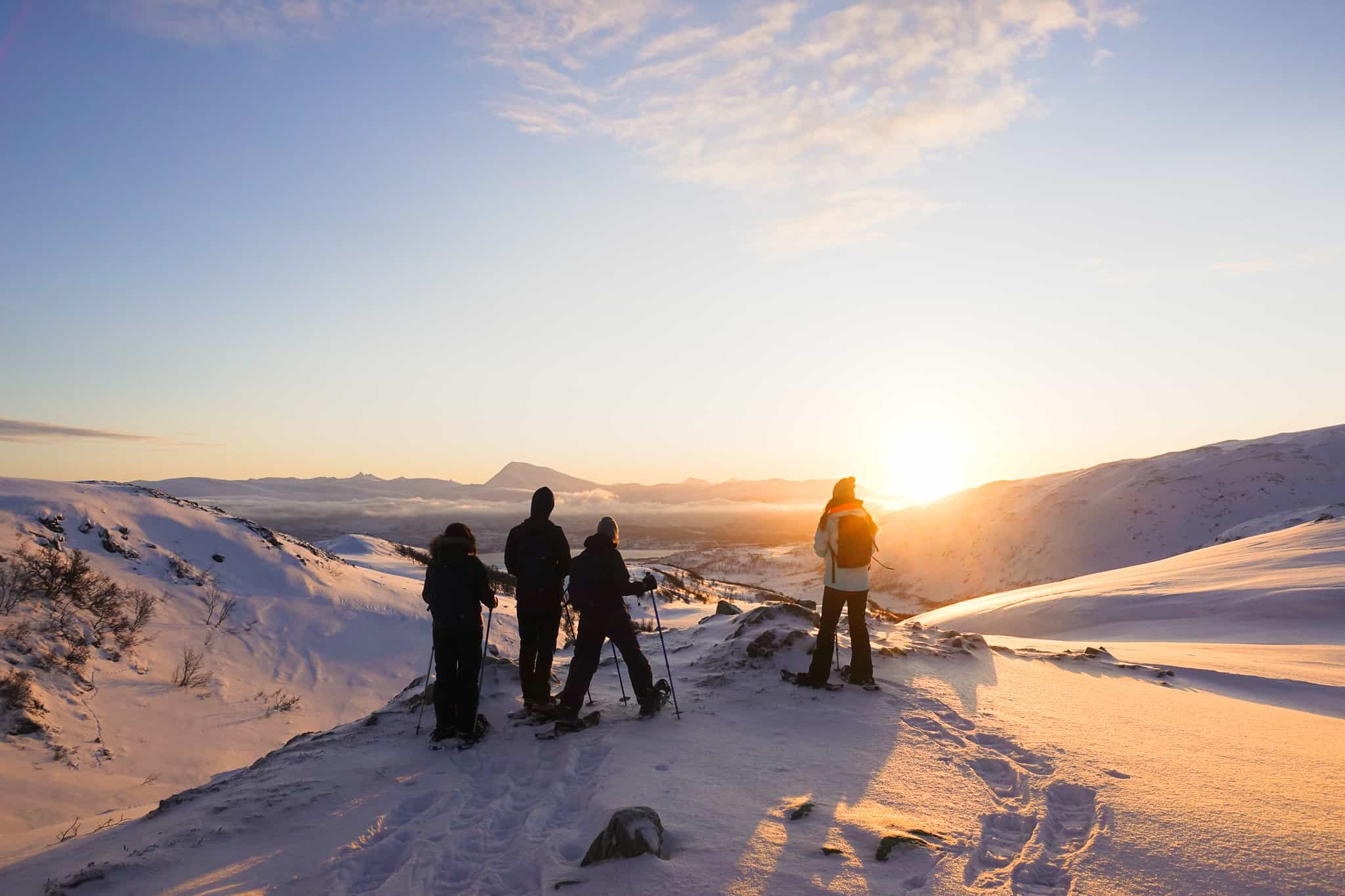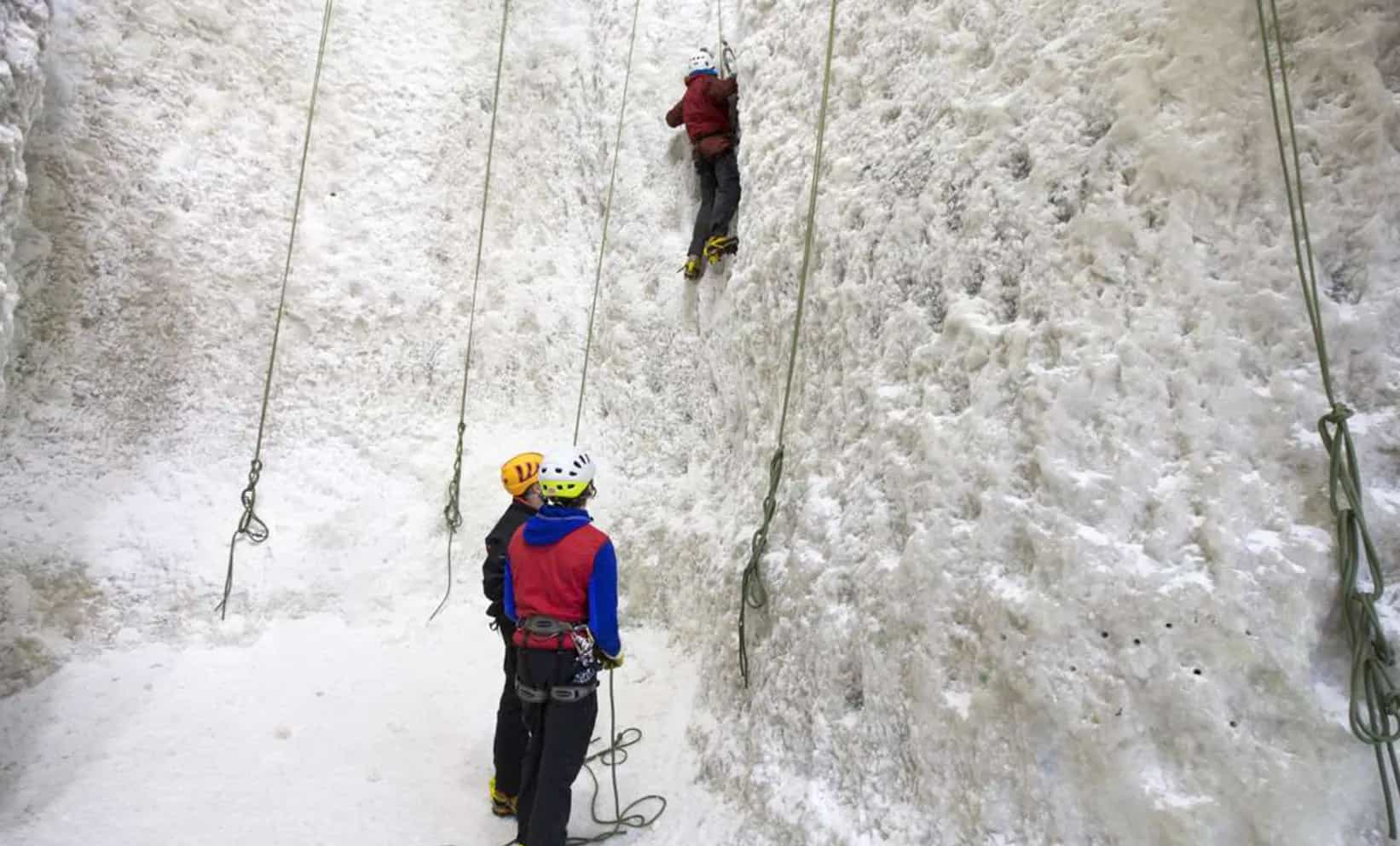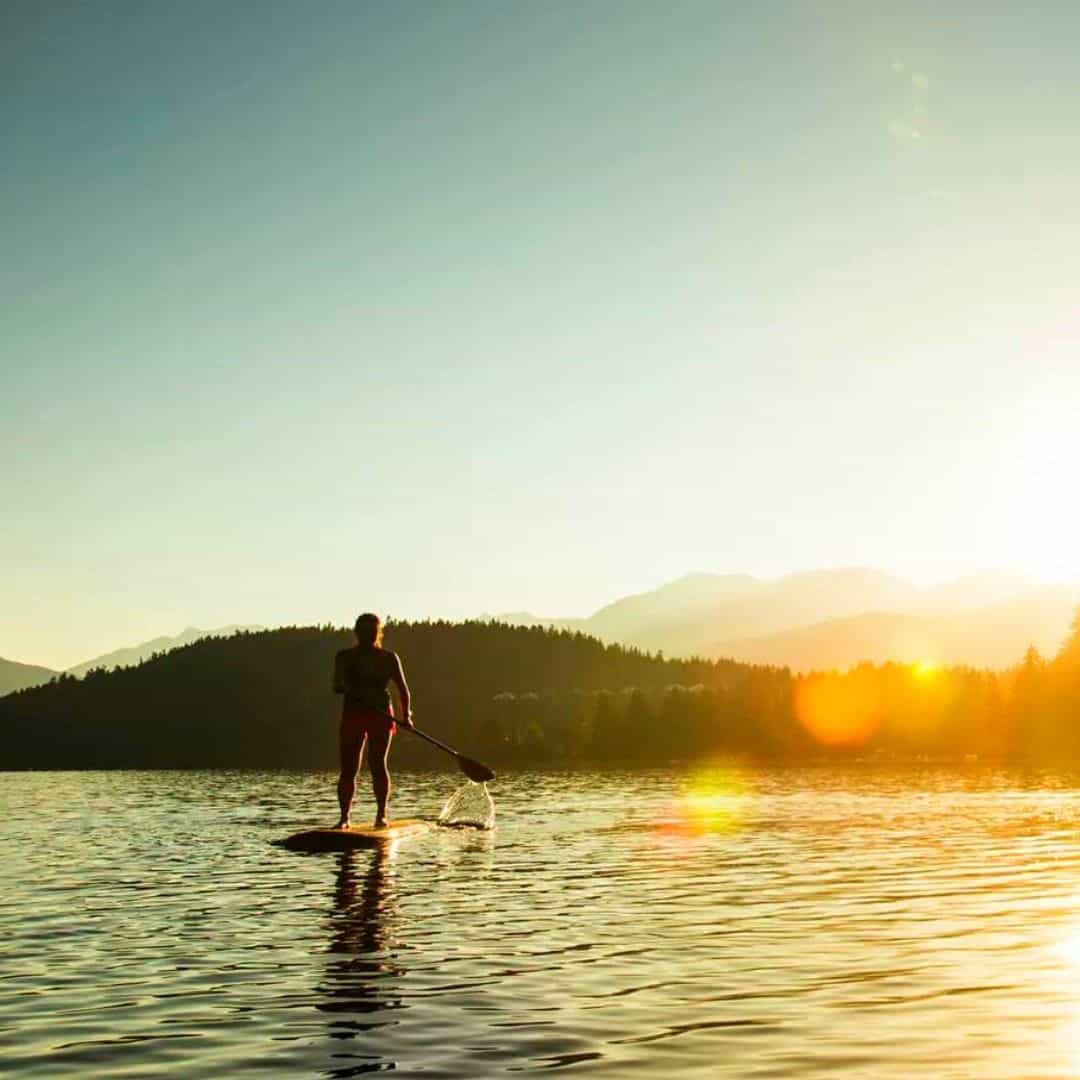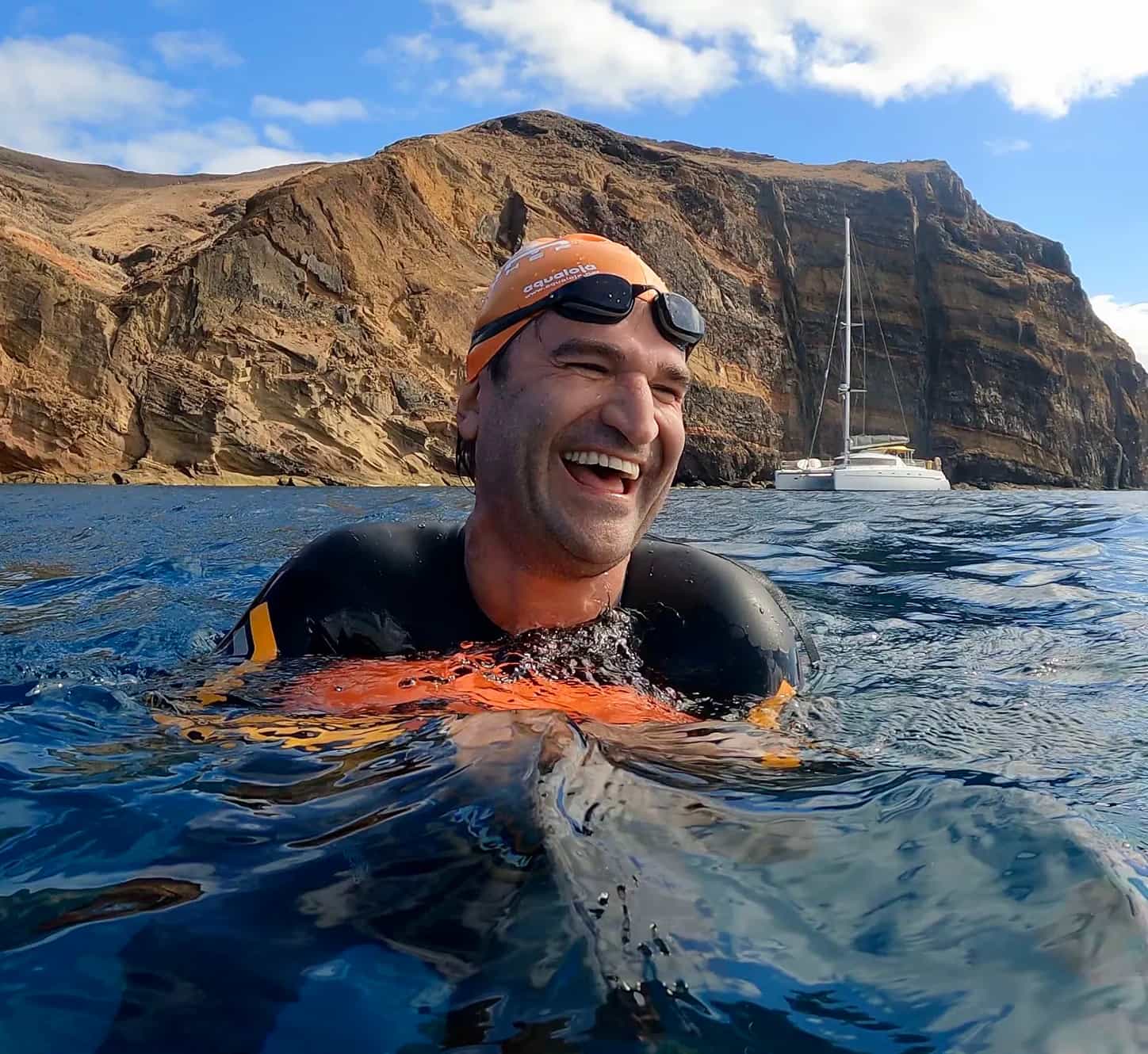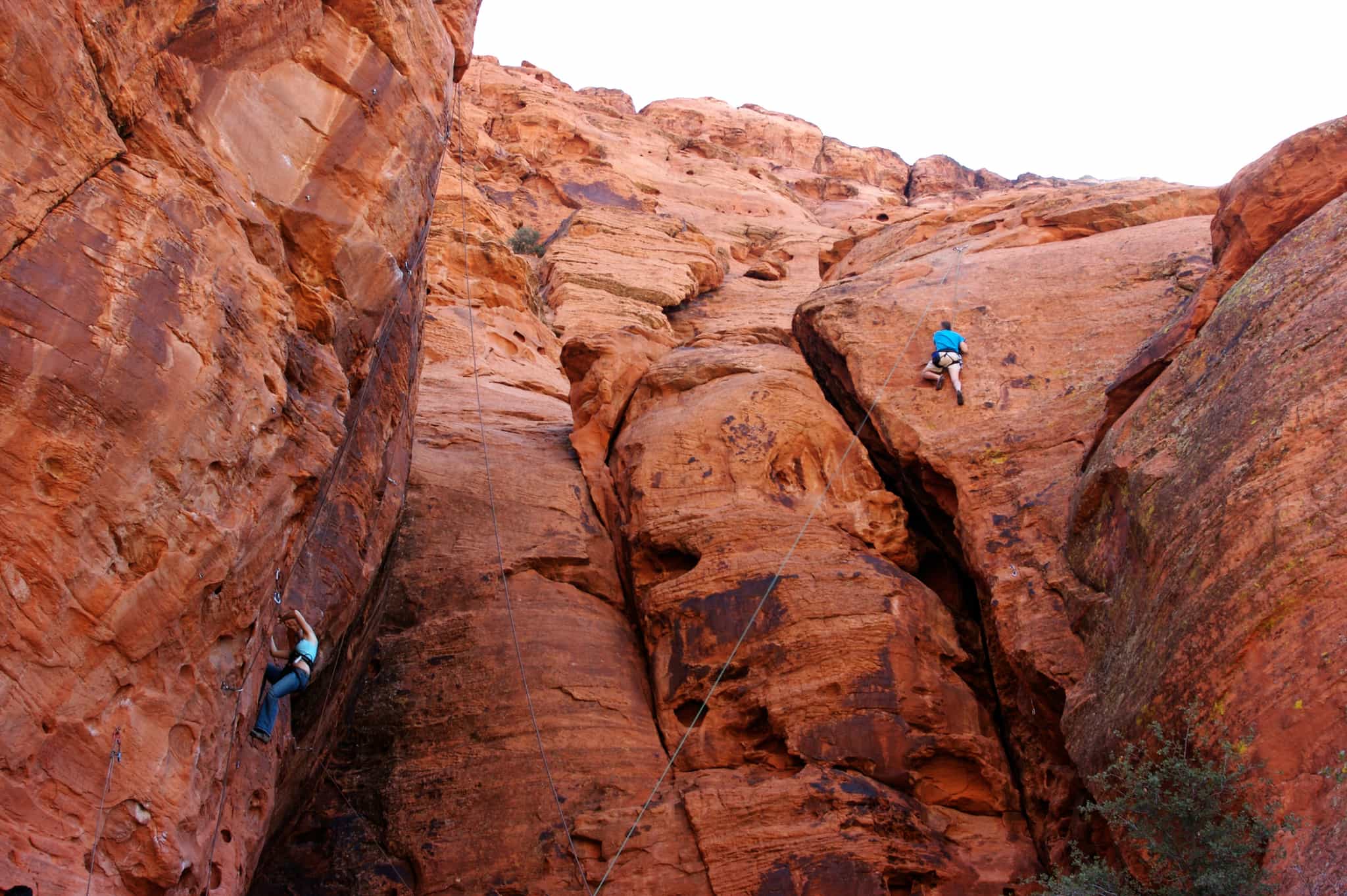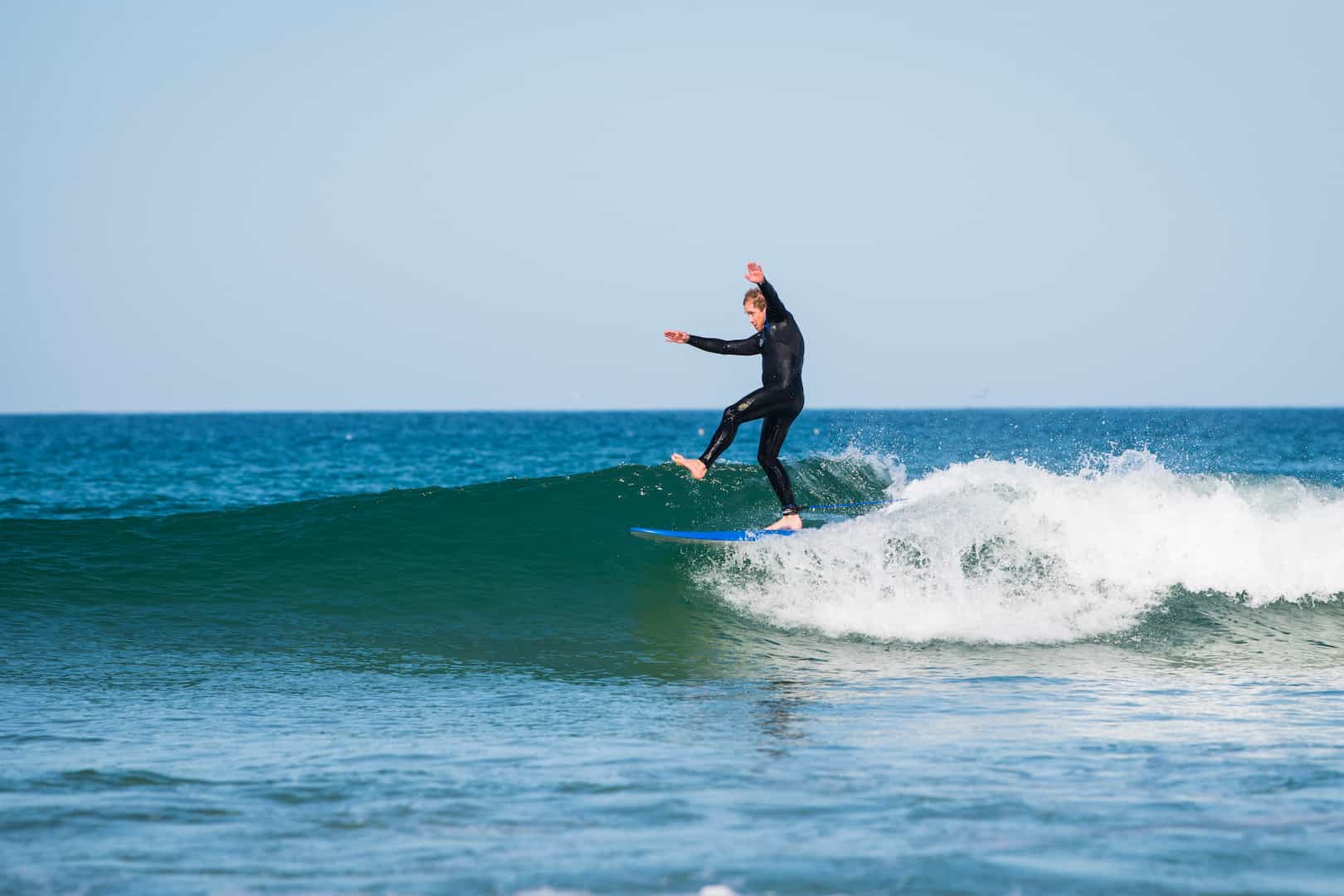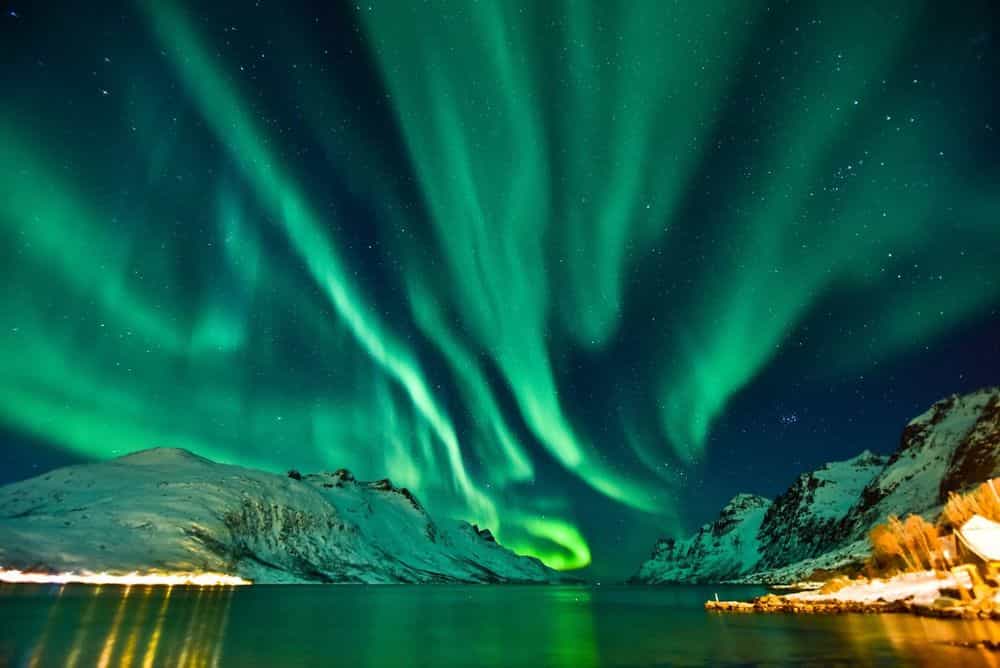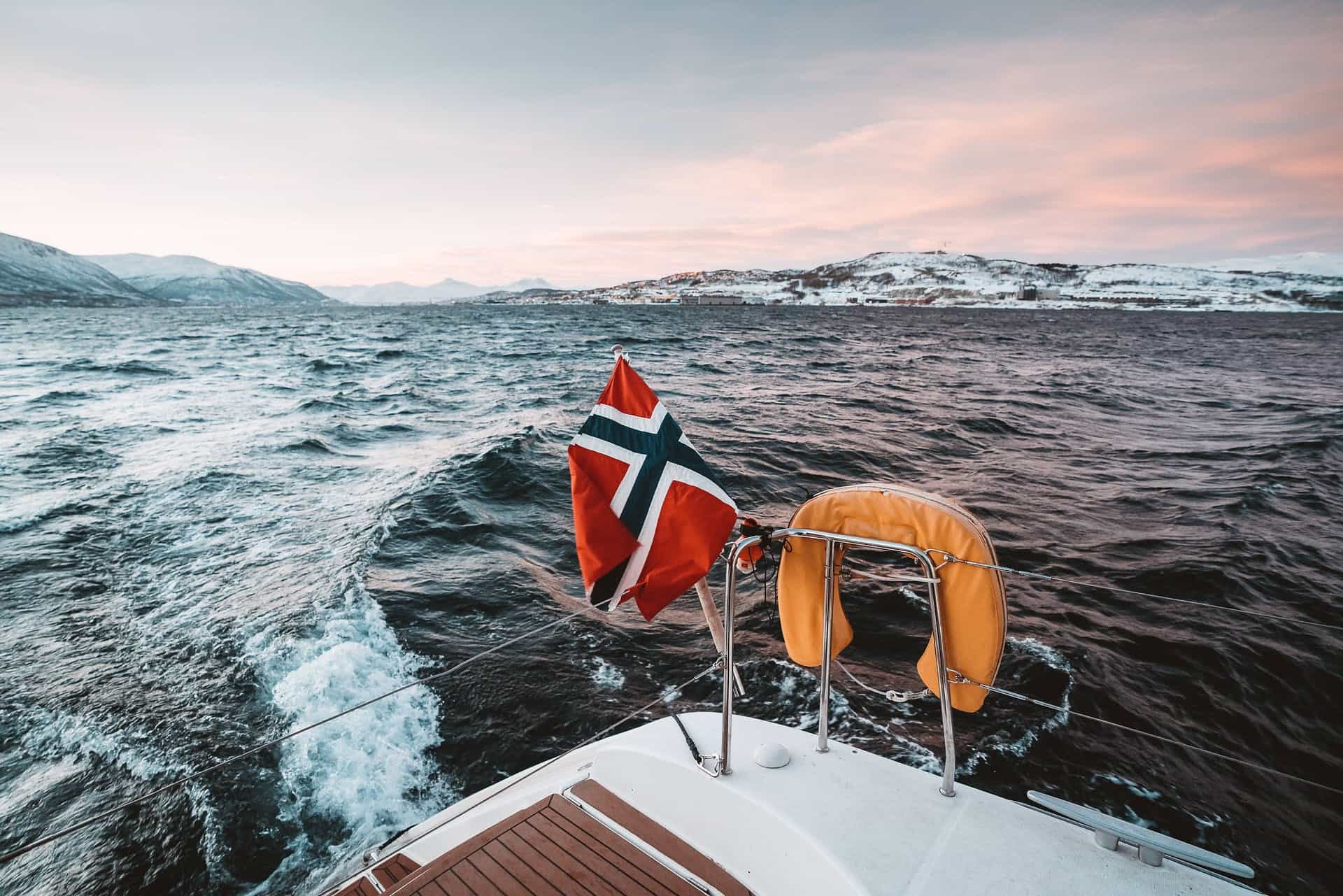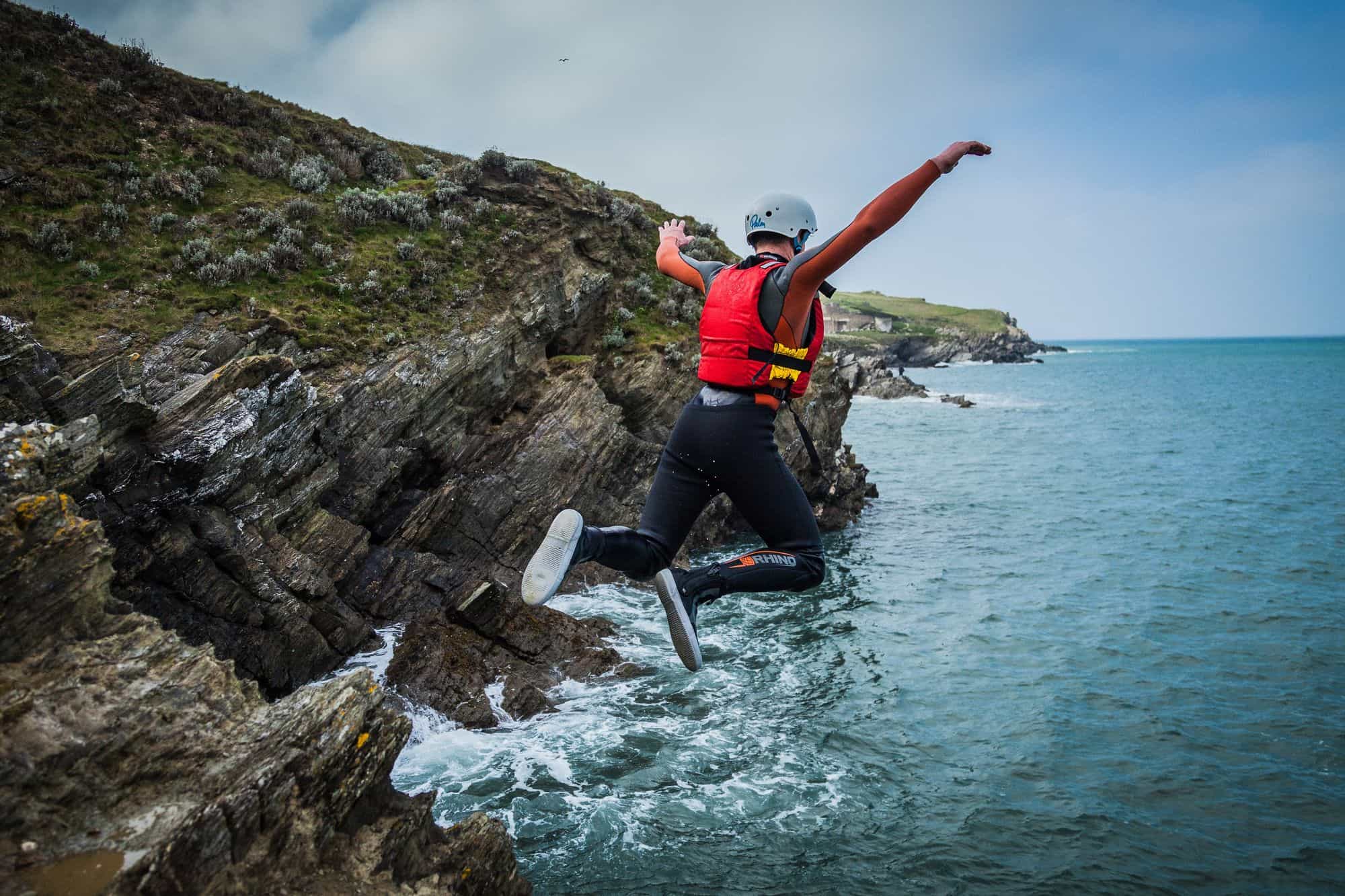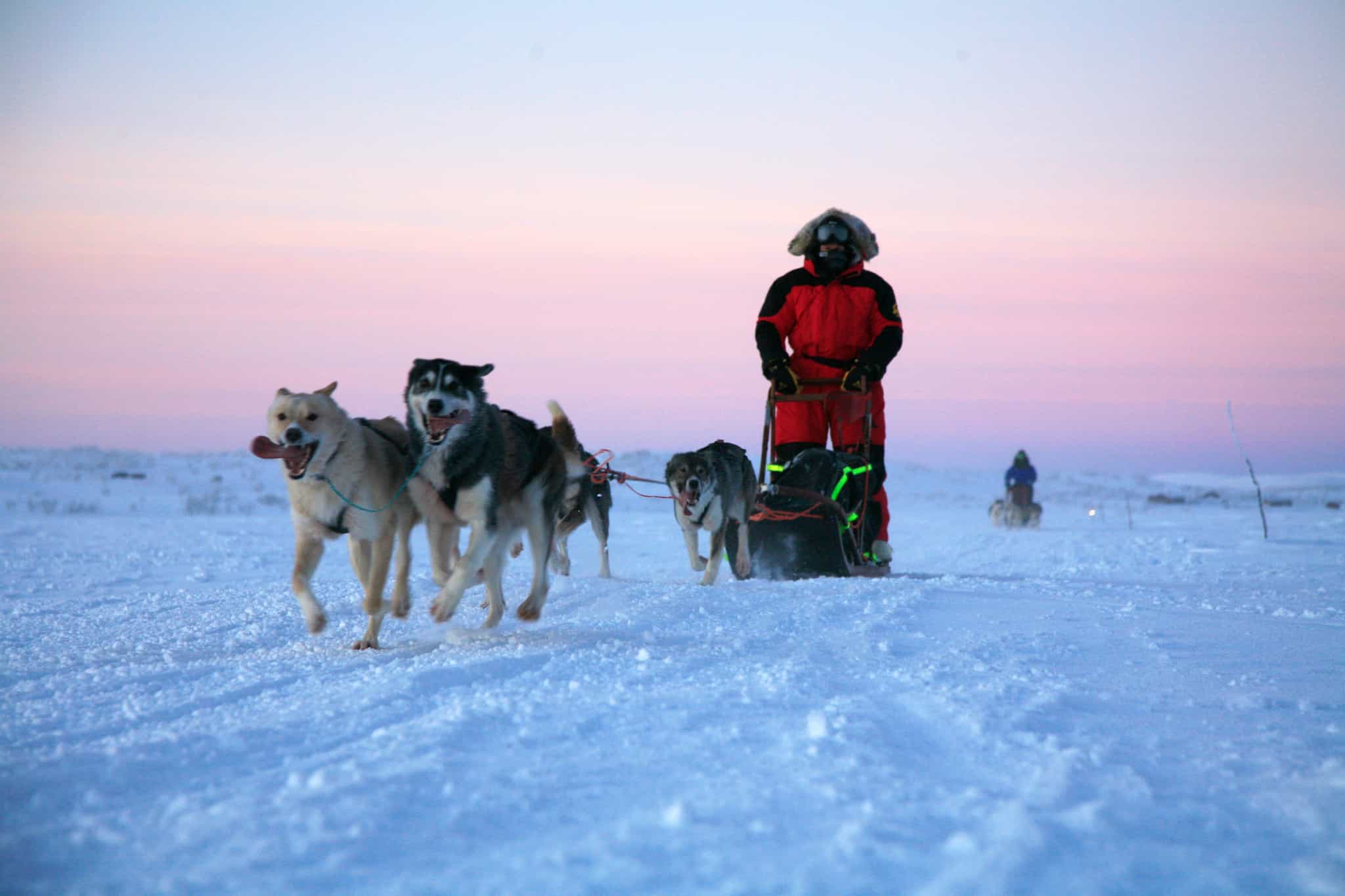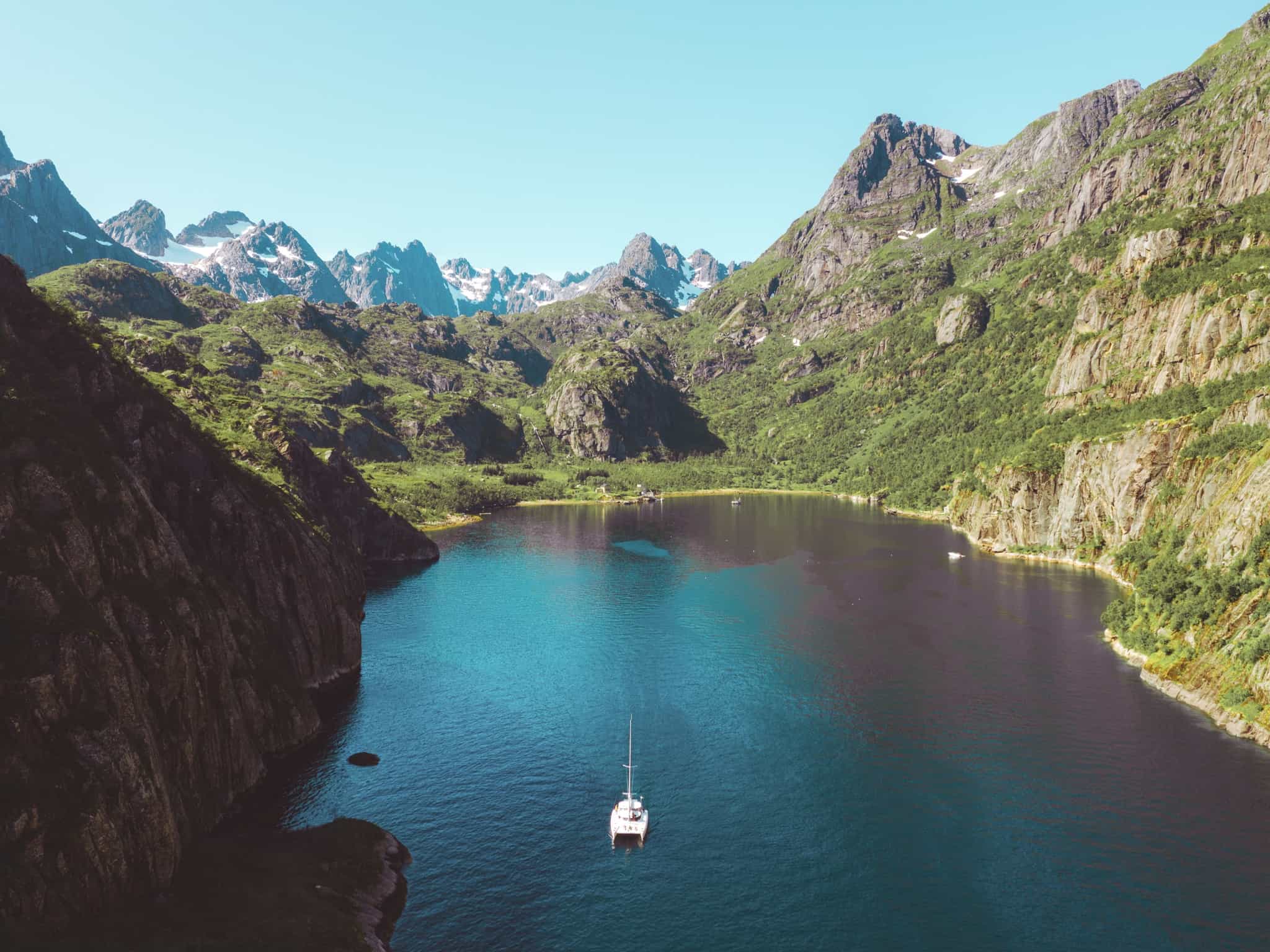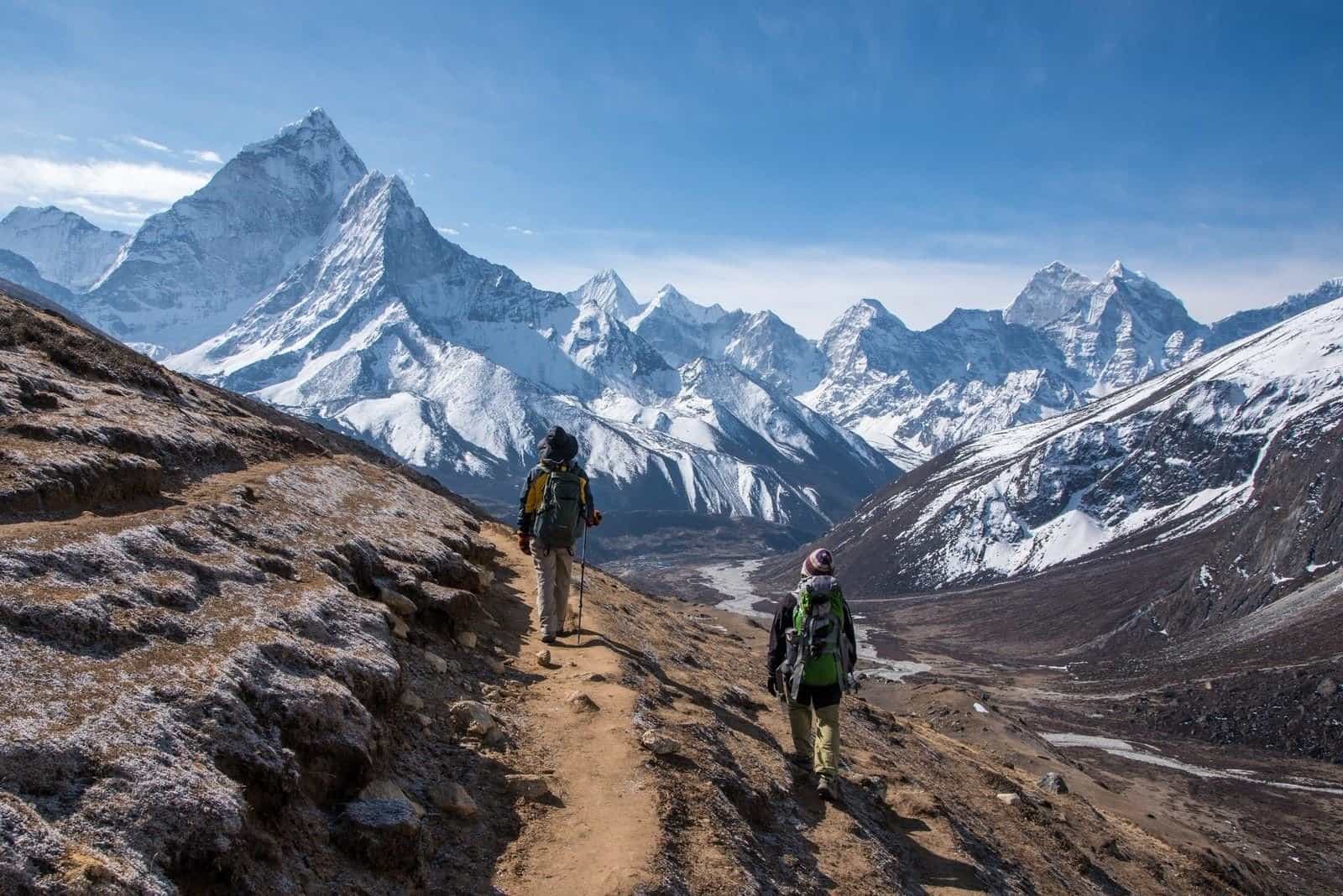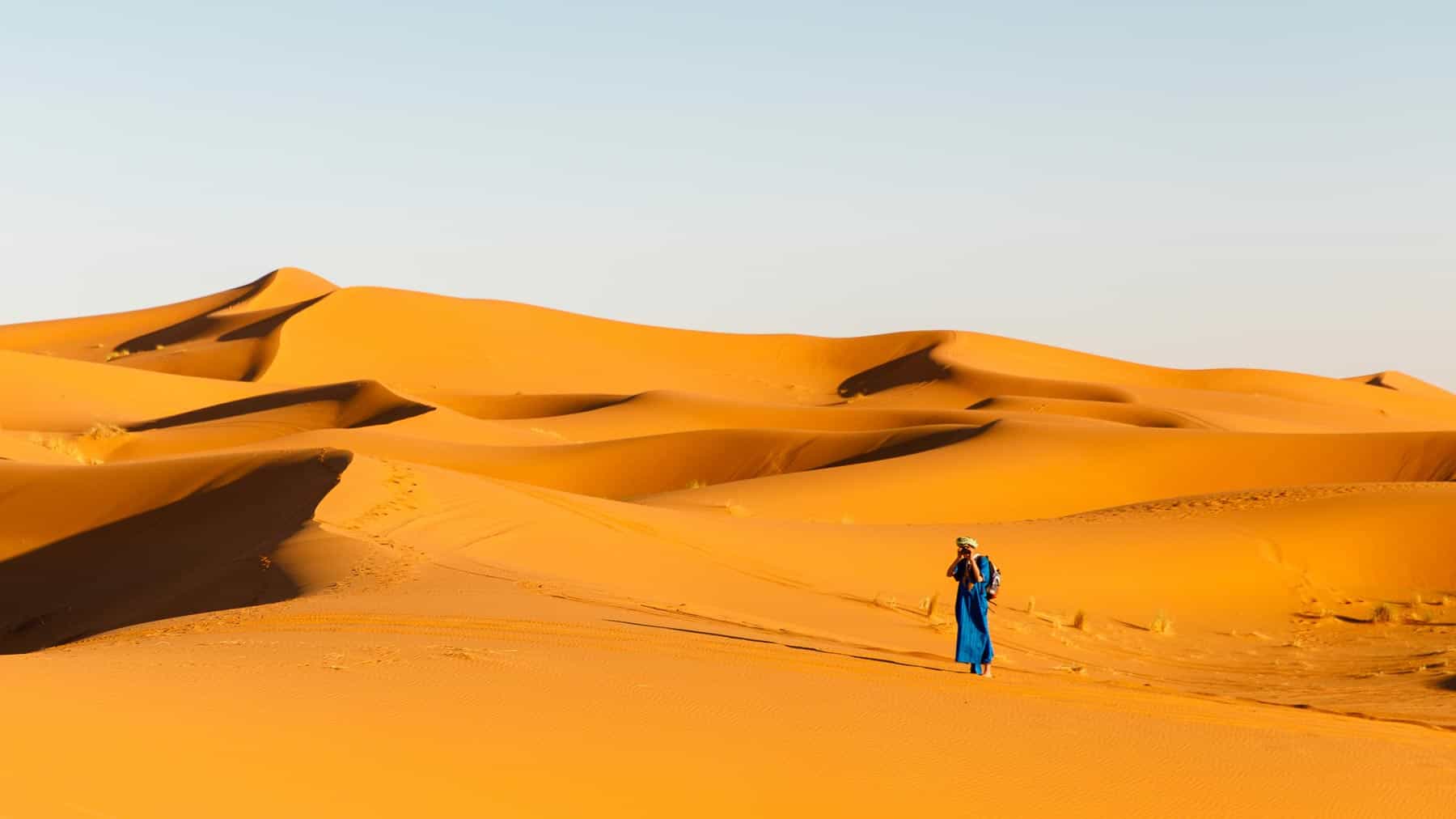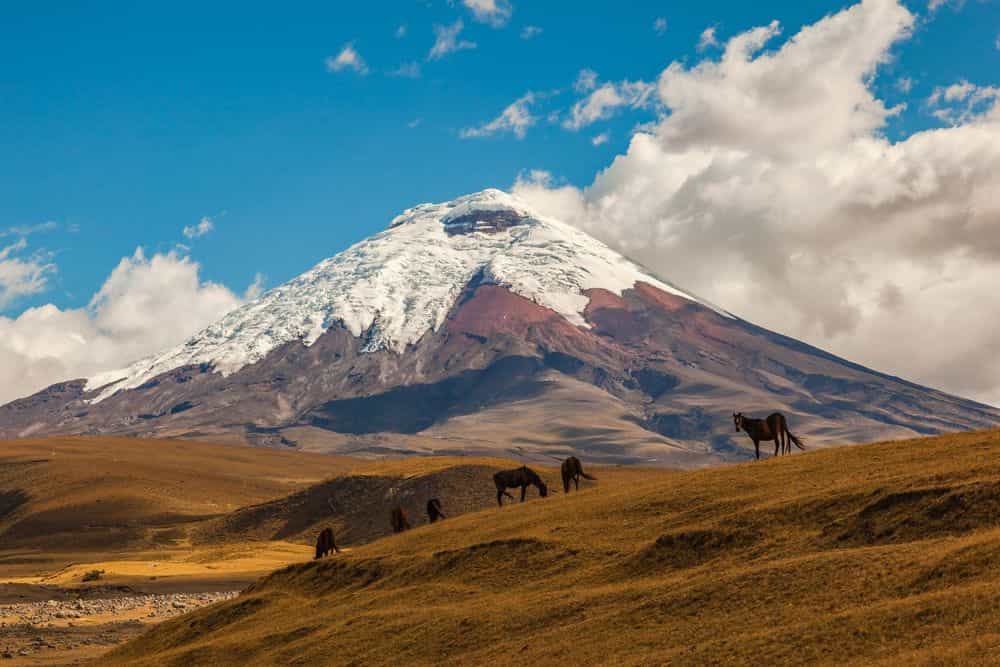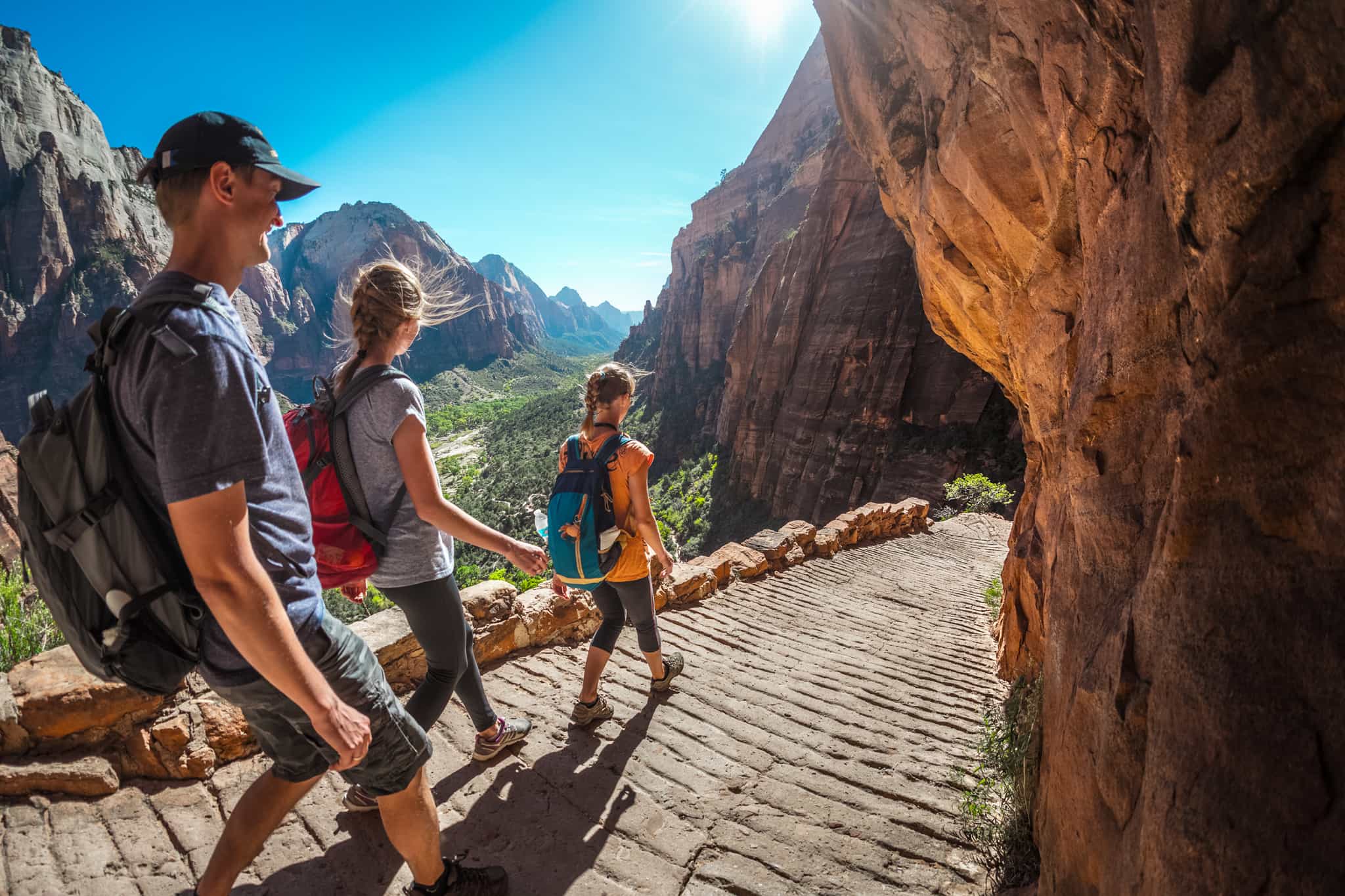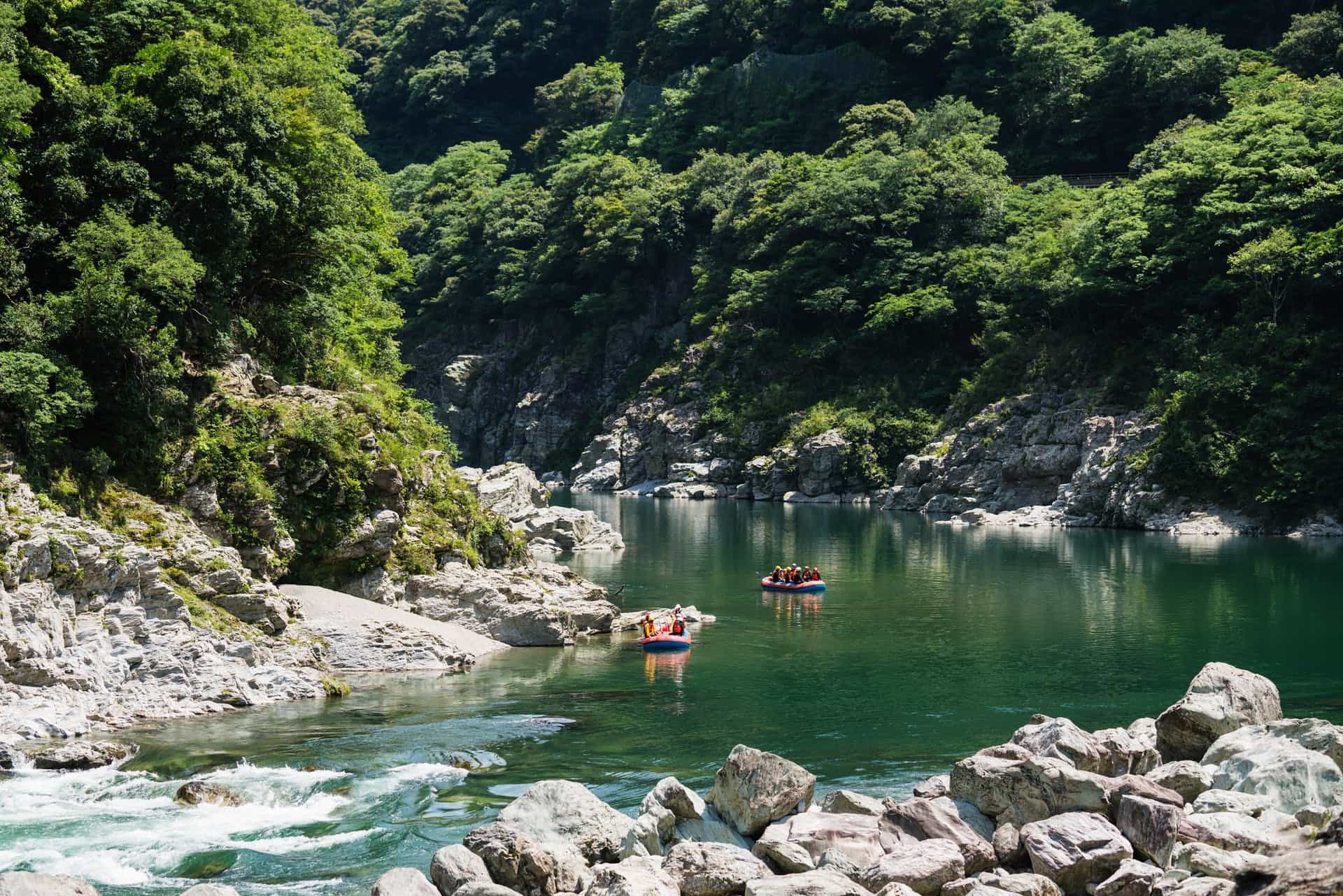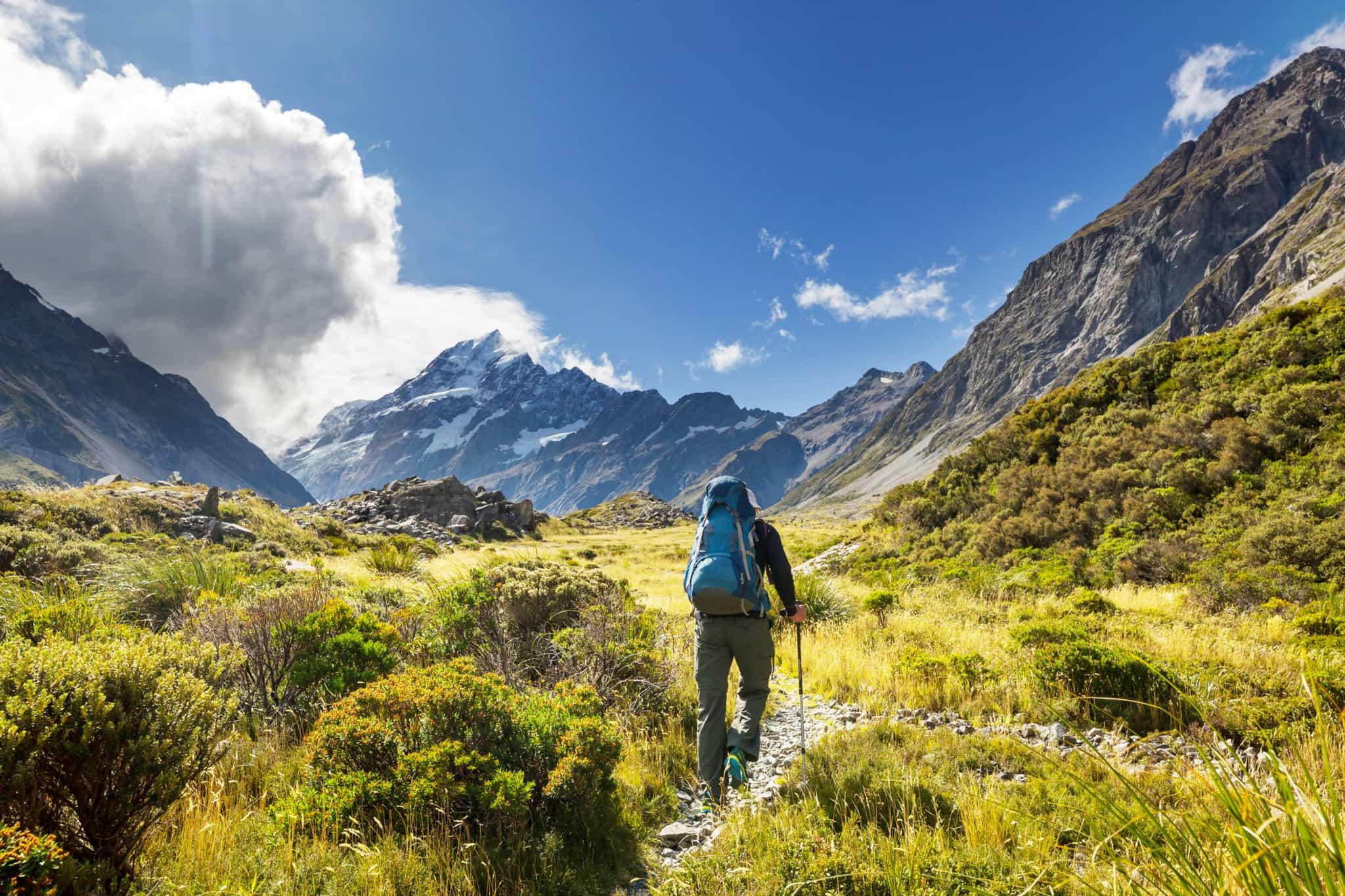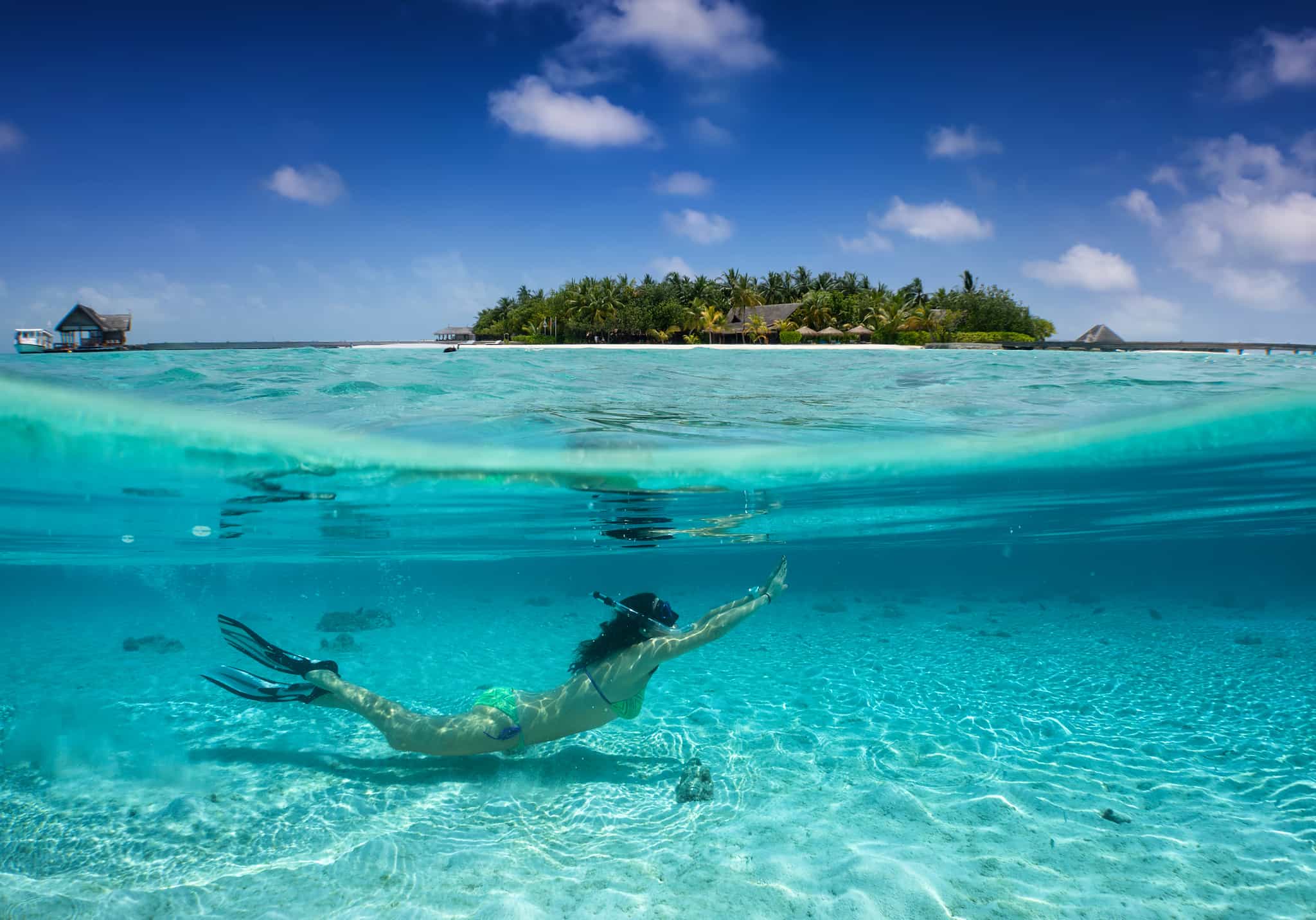
What's Included?
Activities & Certified Guides
All itinerary activities with expert, local, English-speaking guidesAll accommodation
11 nights in hotels and eco-lodges, 2 nights glamping, 1 night in a mountain guesthouseMeals
All breakfasts, 5 lunches and 9 dinnersInternal Flights & Transfers
All airport transfers, local transfers, and a flight from Colombo to MaleEquipment & Permits
All your cycling, surfing, yoga and snorkelling equipment. All park permits and entry fees are taken care of.Small Like-minded Groups
Solo-friendly by design, join our small n’ sociable groups of up to 14 like-minded, active and outdoorsy people…
…
What's it like?













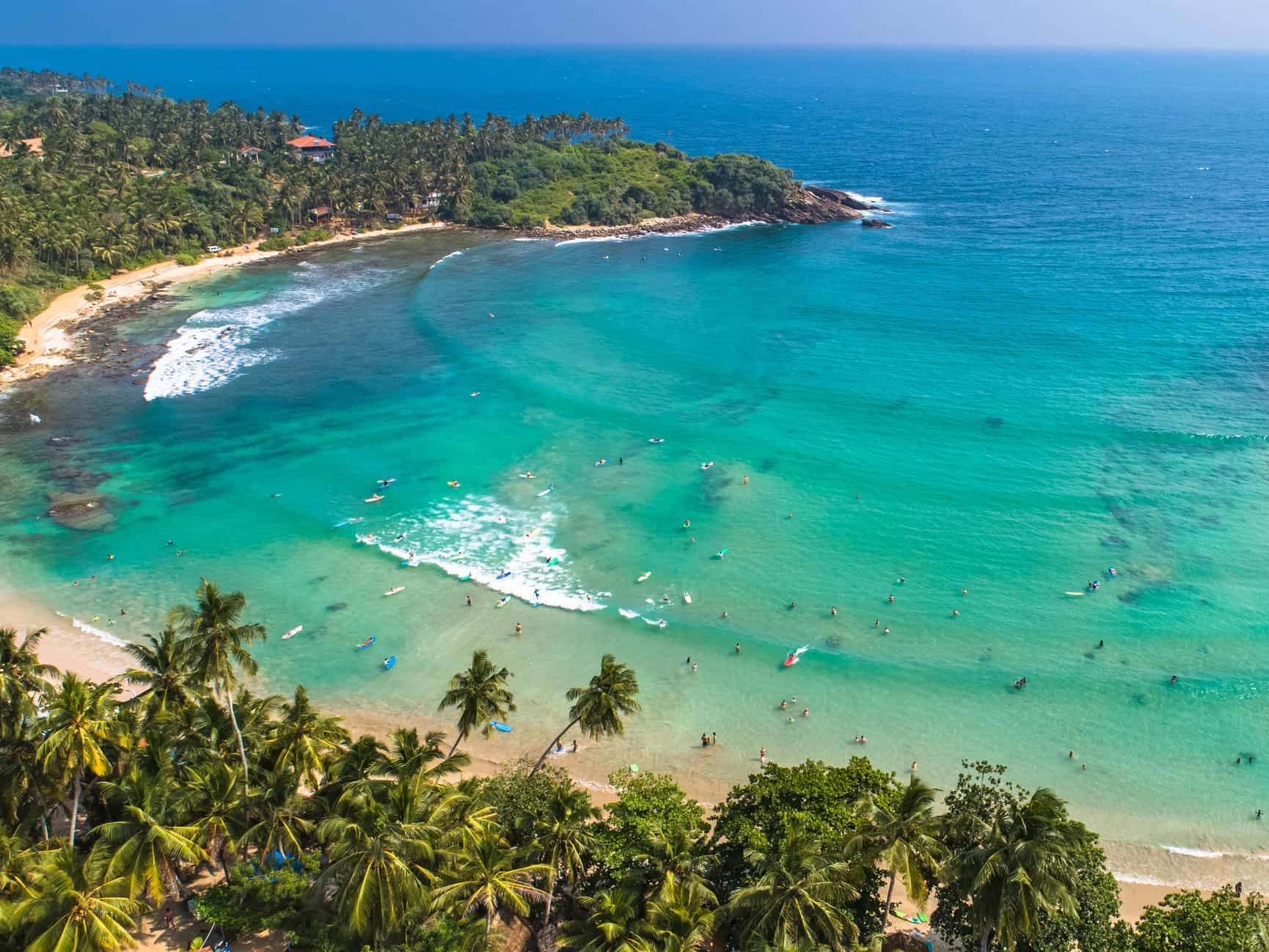
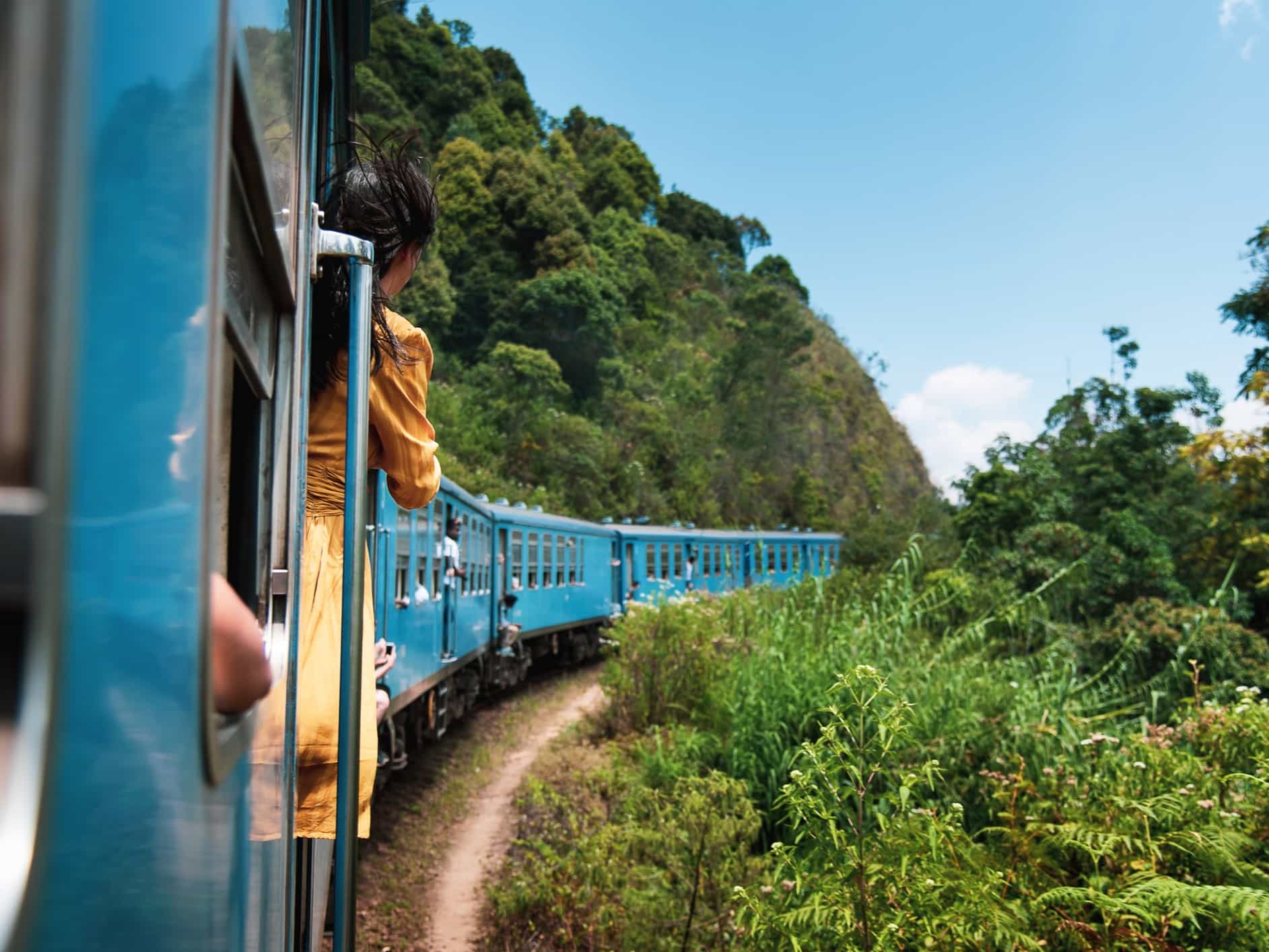
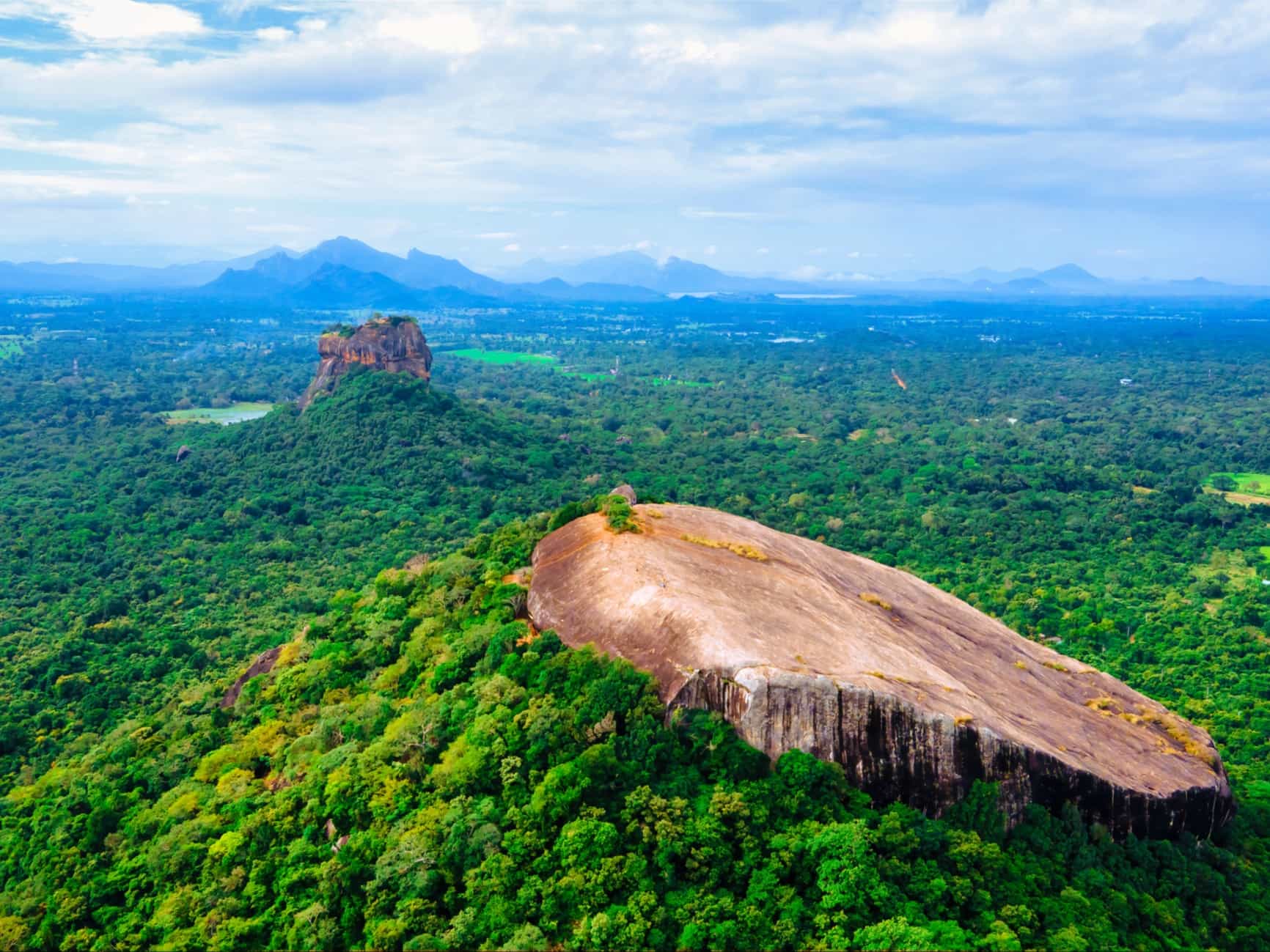



Hike the tropical wilds of Sri Lanka, from iconic Sigiriya to the Pekoe Trail and the pristine forests of Gal Oya – home to Sri Lanka's last indigenous community
Spot wild elephants, practice yoga surrounded by exotic birds and snorkel incredible reefs teeming with marine life
Unwind in hand-picked eco-lodges, wild glamping sites, hidden nature retreats and a small-scale Maldivian beach hotel on the local island of Fulidhoo
This is an extended version of our Ultimate Adventure Through Sri Lanka, allowing you to extend your trip with a fantastic tropical escape
Key Information
Day 1
Touchdown in Sri Lanka

Ayu-bowan! Welcome to Sri Lanka. Your journey starts in the charming town of Negombo, not far from Bandaranaike International Airport. Your host will greet you and escort you to your beach hotel, the ideal spot to unwind and refresh by the pool after your flight. This afternoon, you'll meet your guide and fellow travellers for a welcome briefing. If you're up for it, take a leisurely stroll along the bustling main street and immerse yourself in the vibrant local atmosphere.
Day 2
Pidurangala Rock: Sigiriya's most incredible viewpoint

Hiking
Driving
Rise and shine, ready to embark on the most incredible adventure through Sri Lanka. Begin with a quick visit to the bustling fish market of Negombo, spotting fishermen returning from the sea with their catch of the day, before kicking back for a scenic four-hour drive to Habarana, located in the heart of the Cultural Triangle. This afternoon, venture out to climb Pidurangala Rock, one of Sri Lanka's most underrated gems. Navigate some steep steps and boulders as you climb, pausing to catch your breath at an ancient Buddhist temple along the way. At the summit, bask in the golden glow of sunset with 360-degree views of Sigiriya fortress, the surrounding countryside, and distant mountains.
Day 3
Cycle and climb Lion Rock and glamp in remote Gal Oya

Cycling
Hiking
Driving
Get up at sunrise to escape the heat, setting off on two wheels to explore the backroads of Habarana and Sigiriya. Pedal along quiet country lanes, passing through rural communities where daily village life will be going on all around you – farmers working in their rice fields and children heading to school. Off the bike, get ready to clamber up Sigiriya, also known as Lion Rock. This impressive 5th-century fortress is Sri Lanka's most iconic UNESCO-listed site. Enter through enormous lion's paws carved from stone, and take on the 1200 steps to the summit, where breathtaking panoramic views of the lush Sri Lankan jungle await. In the afternoon, relax your legs with a drive to the remote Gal Oya, the most pristine of Sri Lanka's wildlife sanctuaries. Your accommodation for the next two nights is a stunning glamping site nestled in wild Rathugala, a majestic village surrounded by mountains and home to the Veddas, the last indigenous people of Sri Lanka.
Day 4
Forest hike with the Vedda people

Hiking
Surrounded by pristine savannah, medicinal forests, and mist-draped mountains, you’ll wake up to the soothing sounds of nature. Today, you'll embark on an extraordinary adventure with the indigenous leader of the Vedda people, exploring a pristine forest brimming with wildlife. As you hike through exotic flora, you'll hear the calls of rare birds and might catch glimpses of elusive creatures such as wild elephants. The Vedda people, who have lived, foraged, and hunted in this region for centuries, are expert navigators of the dense jungle. They will share valuable insights into the natural history and cultural heritage of this remote part of Sri Lanka. Cool off with a refreshing dip in a stream, a welcome relief from the tropical heat, before enjoying a traditional meal prepared on-site by community members. Afterwards, return to your luxurious glamping site for the night.
Day 5
Elephant spotting and jungle yoga
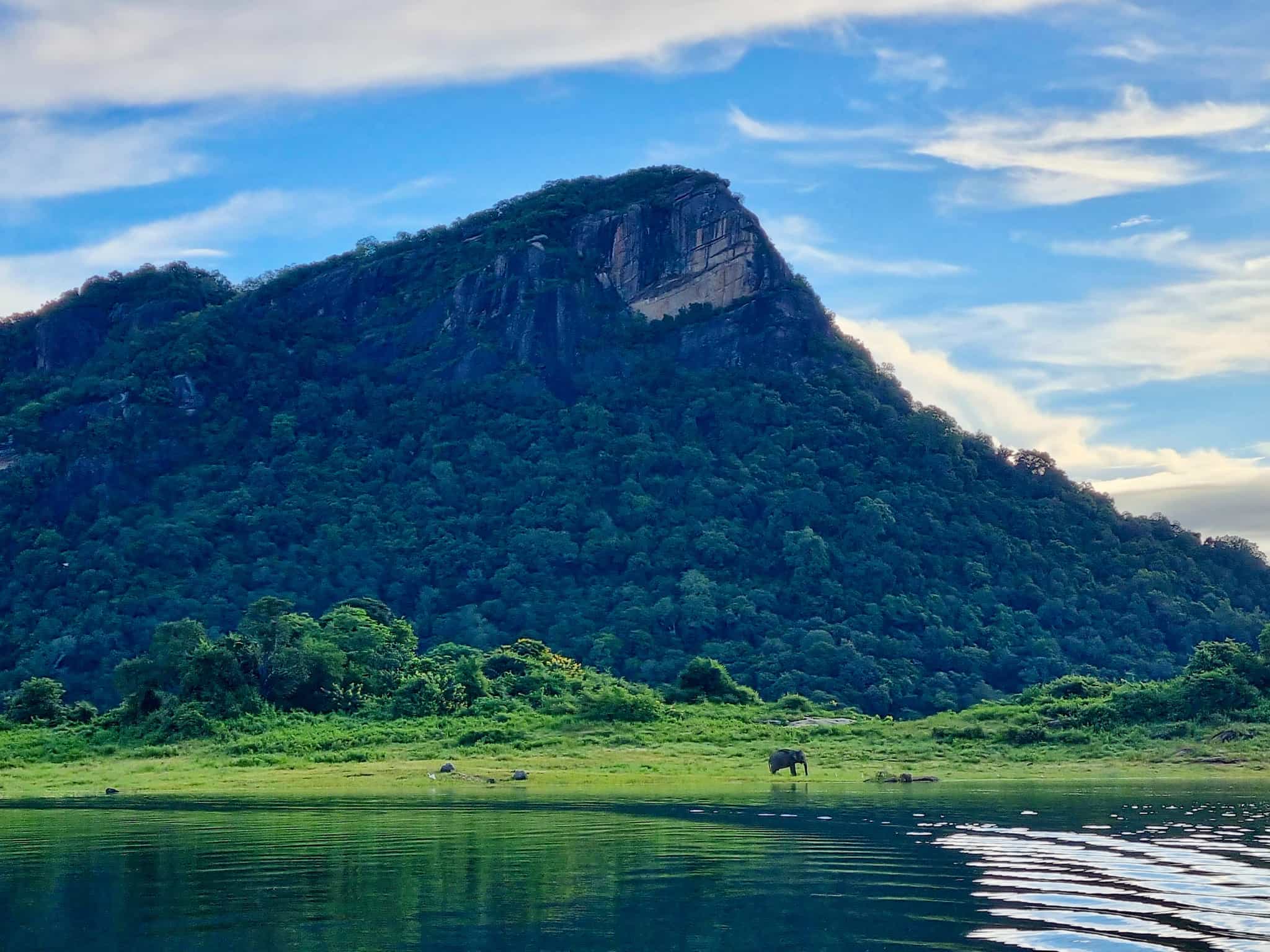
Wildlife Watching
Driving
Yoga
Rise at dawn and spend the morning exploring Gal Oya's untouched wildlife sanctuary, home to over 150 vibrant bird species and 32 species of mammals, including elephants, sloth bears, wild boars, water buffalo, and deer. Starting from Senanayake Samudra Reservoir, embark on a boat for the only wildlife tracking experience in Sri Lanka conducted from the water. As you explore the animals' habitats, you might be lucky enough to see elephants feeding or bathing along the lake shore. Later in the day, you'll head to Kandy to check in at Polwaththa Eco-Lodge. Nestled in a pristine environment, this lodge offers a unique jungle experience. With a focus on nature and the local community, it promotes authentic experiences and responsible tourism. Take some time to refresh before enjoying a late afternoon yoga session in the wooden jungle shala, accompanied by the sounds of monkeys and exotic birds.
Day 6
Waterfall dips and forest hikes

Hiking
Awake to the sound of birdsong in your cabin nestled deep in the jungle. Take a 10-minute walk through the forest to the yoga shala, roll out your mat, and greet the monkeys as you ease into your (optional) morning yoga session. After breakfast, set off on a hike starting from the Kandyan forest gardens, where villagers go about their daily chores. Depending on the season, you might be invited to visit their homes and learn how they make treacle and jaggery (palm tree sugar). Walk amidst fragrant fruit trees and spice plants, ending the trek with a picnic lunch and a refreshing dip in the jungle waterfalls. Back at your lodge, relax for a few peaceful hours before enjoying an authentic Sri Lankan dinner, cooked in clay pots and served with a smile.
Day 7
Take the train into the tea hills of Nuwara Eliya

Train Ride
An early morning transfer will take you to Kandy's railway station, marking the start of one of the world's most breathtaking train journeys. Settle into your coach to enjoy sweeping views of lush tea plantations, rolling hills, dramatic viaducts, verdant valleys, and dense jungle, all while exchanging smiles with locals along the way. Originally used during colonial times to transport tea from plantations to Colombo, the train now primarily serves local commuters and travellers. Your host will book the best train class and time available, but it is not possible to block-book seats for groups in advance (in the unlikely event that there is no availability, you will travel by road instead). The journey lasts about 4-5 hours, providing ample time to soak in the vibrant panoramas. Disembark at Nuwara Eliya, the heart of Sri Lanka's tea country, to visit one of the oldest and most renowned tea factories. Discover the tea-making process and sample some of the finest brews in the world. Retire early to rest up for a remote trekking adventure the next day.
Day 8
Hike the Horton Plains and the Pekoe Trail

Hiking
Head to Horton Plains National Park to explore the highest and most isolated plateau in Sri Lanka, tucked away in the Central Highlands. Situated at an elevation of 2100m-2300m, this protected area of montane grassland and cloud forest is teeming with endemic plants, insects, and birds. You might also spot large herds of Sri Lankan sambar deer – it's also home to the occasional elusive leopard. Take in the breathtaking views from the 'World's End' viewpoint, with a sheer drop of 1050m, before hiking a substantial section of the Pekoe Trail, Sri Lanka's newly launched long-distance trekking route. Enjoy numerous stops to appreciate this unique natural environment. Descend via the famous Devil's Staircase, admiring the views from Sri Lanka's highest tea plantations. Tonight, you’ll stay at a local guesthouse, a simple accommodation surrounded by mountains, waterfalls, and untouched greenery, completely isolated from any town (the nearest is about an hour's drive or a three-hour walk away).
Day 9
From the highlands to the Indian Ocean

Hiking
Driving
Lace up your boots for another day of hiking along the Pekoe Trail, following a mountainous path seldom explored by other travellers. Trek through remote tea plantations, spotting the friendly community busy with tea-picking as you go. Then, weave through an incredibly diverse landscape that includes pine and eucalyptus forests, misty tea estates, leafy valleys, and dense jungle trails. With luck, you might spot some rare wildlife such as toque macaques, purple-faced langurs, Sri Lankan spotted chevrotains, or grizzled giant squirrels. After your trek, unwind during a four-hour drive south to Talalla, Sri Lanka’s most serene protected beach and the gateway to a pristine cove with turquoise waters fringed by lush jungle. Settle into beach life on the golden sand, catch a sunset, and enjoy a few drinks and dinner by the ocean.
Day 10
Surf the Golden Coast of Sri Lanka

Surfing
Yoga
On your last day in Sri Lanka, enjoy an exhilarating morning of surfing at picturesque Kadalana Beach, an ideal location to either learn to surf or enhance your skills. Unlike many other surf spots in Sri Lanka, the vicinity around Talalla offers exceptional surfing conditions suitable for all skill levels throughout the year. Instruction will be personalised to your level of experience, so feel free to join even if you're a complete novice. Afterwards, return to shore for a beachside lunch and several hours of relaxation, or indulge in a massage at the hotel's spa. Later, participate in a yoga session held in a serene open-air shala overlooking the ocean.
Day 11
Fly to the Maldives and hit the remote tropical paradise of Vaavu Atoll

Driving
Flight
Boat Ride
This morning you'll be transferred to Colombo Airport in time for your included flight (which takes approximately an hour) to the Maldives. Upon arrival at Male International Airport, you will be greeted by your local Maldivian guide and hop on a speedboat (around 1hr journey) to the stunning island of Fulidhoo, your base for the remainder of the trip. This tiny, remote island is home to just 300 people who are proud of their remarkable culture, and longstanding fishing and music traditions. Settle in at your comfortable beach hotel after a long day of travelling, then take your first steps on the sands of this tropical paradise and enjoy your first Maldivian sunset.
Day 12
Reef snorkelling and island exploration

Snorkelling
After breakfast, get ready to experience the marine wonderland of the Maldives. Your guide will provide a safety briefing on responsible snorkeling and act as your ‘spotter’ during the experience, pointing out marine life that may not have caught your eye. Marvel at vibrant corals, encounter sea turtles, stingrays, and perhaps even a lucky glimpse of a shark. Back in Fulidhoo, join your local guide as the afternoon cools down to explore this vibrant island on foot. Immerse yourself in the daily life of the island and stop at a local café for a quintessentially Maldivian experience – evening tea, accompanied by hedhikaa (fried snacks).
Day 13
Free day in paradise and optional diving

After twelve action-packed days of travelling, you've certainly earnt a free day to just slow down to island time. Spend the day unwinding at the idyllic beaches of Fulidhoo, surrounded by palm trees and calm, crystal-clear water. Perhaps hop down to Turtles Beach on the southern side of the island for more snorkelling and swimming, or opt to hire a SUP or kayak to paddle around the island's shores. Another option is diving, which can also be booked locally (if you do not already hold your PADI diving certification, you can choose to take your first steps by booking a Discover Scuba Dive experience – see the FAQ below on budgeting for extra activities).
Day 14
Swim and relax on a sandbank

Swimming
Boat Ride
Hop on a speedboat and travel to an untouched sandbank emerging from crystal blue waters, where you'll spend a few relaxed hours swimming, snorkelling and soaking up the sunshine. Later, you'll return to your island where the remainder of the day is free, giving you the chance to participate in more optional watersports – including perhaps a second dive. Come nightfall, you'll enjoy a farewell dinner with your fellow adventurers as it's almost time for goodbyes tomorrow!
Day 15
Time to head home

Boat Ride
You'll rise early this morning to catch the scheduled speedboat back to Male. Unless you're extending your trip independently, your host will transfer you to Male International Airport in time for your flight home. That's your epic tropical adventure completed!
The Area
Logistics
Starts
Bandaranaike International Airport, Sri Lanka
08:00 to 16:00 on Day 1
Ends
Male International Airport, Maldives
09:30 on Day 15
Transfers
Feel free to arrive at any time on Day 1 but be aware that three scheduled airport arrival transfers are included on Day 1 between the hours of 08:00 and 16:00 from Bandaranaike International Airport in Colombo to your beach hotel in Negombo. Your host will let you know your allocated pick-up time, provided you have supplied your flight details in advance. If you arrive outside of these hours (or arrive before Day 1), we recommend you book a private transfer with your host.
If you arrive on a very early flight check-in may not be available until 14:00 – so if you wish to access your room earlier, contact your local host to request an early check-in (fee applicable; subject to availability).
At the end of the tour, your Maldivian host will transfer you from the island back to Male International Airport on Day 15, usually by 09:30. For this reason we recommend booking a return flight leaving Male not earlier than 11:30.
Please note that the flight from Colombo to Male is included in the cost of the trip and will be arranged by your local host (usually with SriLankan Airlines or FlyDubai). This means you do not have to book any internal flights during the trip, and are responsible only for your international flights to Sri Lanka on arrival, and out of the Maldives at the end of the tour.
If you would like to arrive early in Sri Lanka, your host can arrange private airport transfers and additional accommodation for an extra cost. See the Optional Extras section for details. In the Maldives, you may want to add on a bit of luxury and stay some extra nights at a local resort (this will need to be arranged independently).
Travel options
There are regular flights to Sri Lanka from major airports across the UK and Europe, including direct flights from London to Colombo with SriLankan Airlines. There are direct flights from Male International Airport to London Heathrow with British Airways and Virgin Atlantic, as well as direct routes from other airports across Europe. If you wish to travel on direct flights, you may have to purchase two different tickets and flights with different airlines. If you wish to book your flights with their same airline, your best option is Emirates, usually flying via Dubai.
Day 1
Breakfast
Lunch
Dinner
Day 2
Breakfast
Lunch
Dinner
Day 3 – Day 4
Breakfast
Lunch
Dinner
Day 5
Breakfast
Lunch
Dinner
Day 6
Breakfast
Lunch
Dinner
Day 7
Breakfast
Lunch
Dinner
Day 8
Breakfast
Lunch
Dinner
Day 9
Breakfast
Lunch
Dinner
Day 10
Breakfast
Lunch
Dinner
Day 11 – Day 13
Breakfast
Lunch
Dinner
Day 14
Breakfast
Lunch
Dinner
Day 15
Breakfast
Lunch
Dinner
What is the food like?
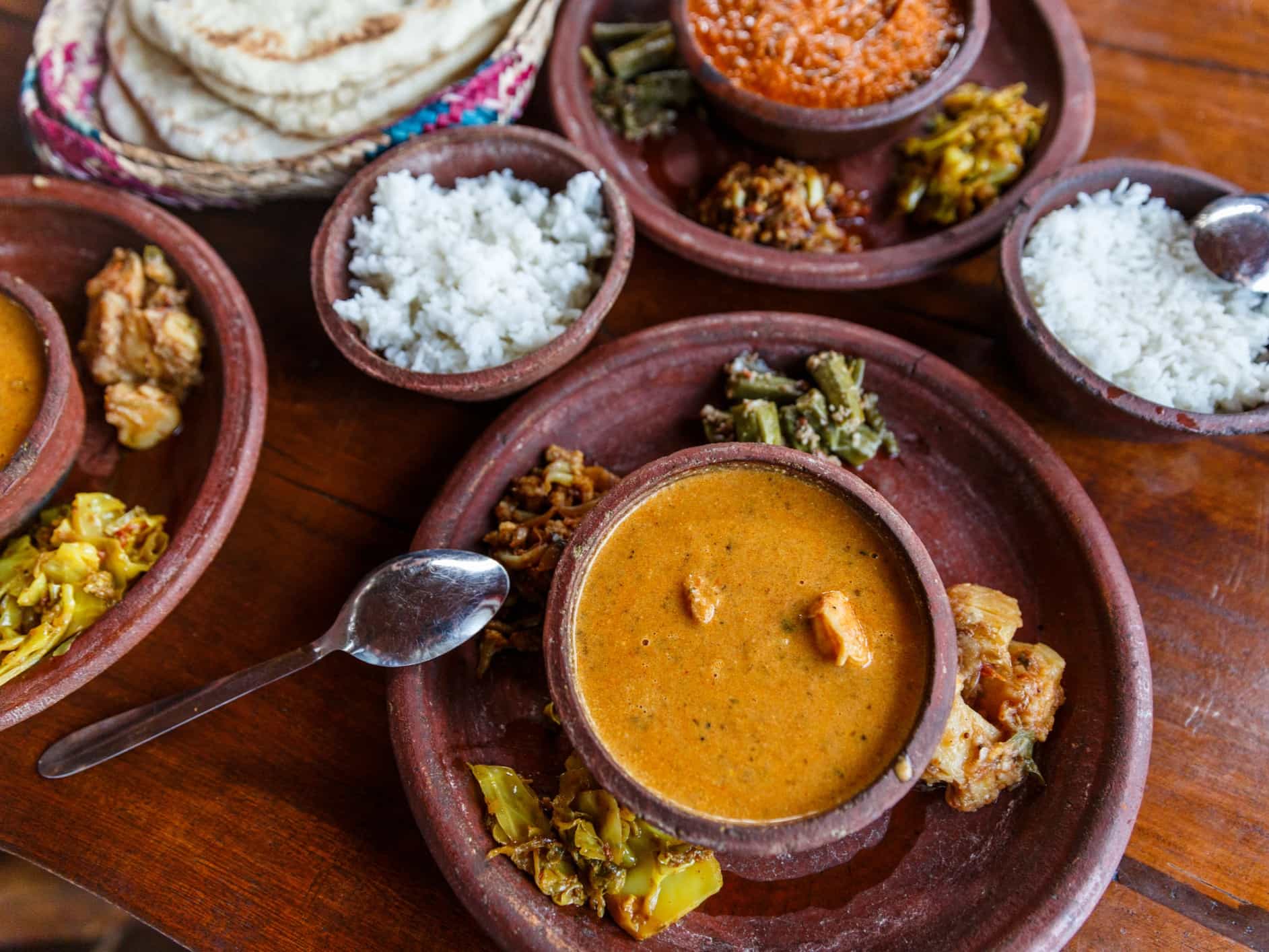
Sri Lankan cuisine is a fascinating reflection of the island’s heritage: a fusion of fresh local produce with spices brought to the island over the centuries. Contrasting flavours of coconut, chilli, curry leaves, cinnamon and garlic are dominant in the main dishes as well as the variety of deep fried tasty snacks. 'Rice and curry' is the Sri Lankan staple, which in reality means a huge variety of curries, dhal and vegetable dishes, often served with roti style flatbreads. There is also an abundance of fresh seafood and fish, usually cooked in curries with coconut and fresh herbs.
Traditional Maldivian food usually involves fish (particularly tuna), chilli and coconuts. White rice and roshi (a flour-based flatbread) are also staple items. You'll get the chance to taste the typical evening tea called hedhikaa, which includes strong black or milk tea with savoury fried snacks. Most meals are not included during your stay in the Maldives, but a range of very affordable options will be readily available in the restaurants or cafés of the guesthouses in the island, which often serve Western food too. Local supermarkets/convenience stores may have limited items, so if there is something particular you are going to want, we would encourage you to bring it with you. Please note: Maldivians, as Muslims, are prohibited by law from consuming alcohol. This means that there is a restriction on the availability of alcohol in all local islands and even in Male. Please do not bring alcohol through the airport, as it will be confiscated and returned to you when you depart.
In Sri Lanka, vegetarians and vegans are well catered for along with most dietary requirements. In the Maldives, vegetarians, vegans and other dietary requirements and allergies can be catered for but it is worth noting that over 95% of these products would be imported. Fruit and vegetables, whilst available, are limited and given that fish is a key component of the local diet, you will find your vegetarian or vegan diet quite limited. If you have any doubts, just speak to your host upon booking.
What is the accommodation like?
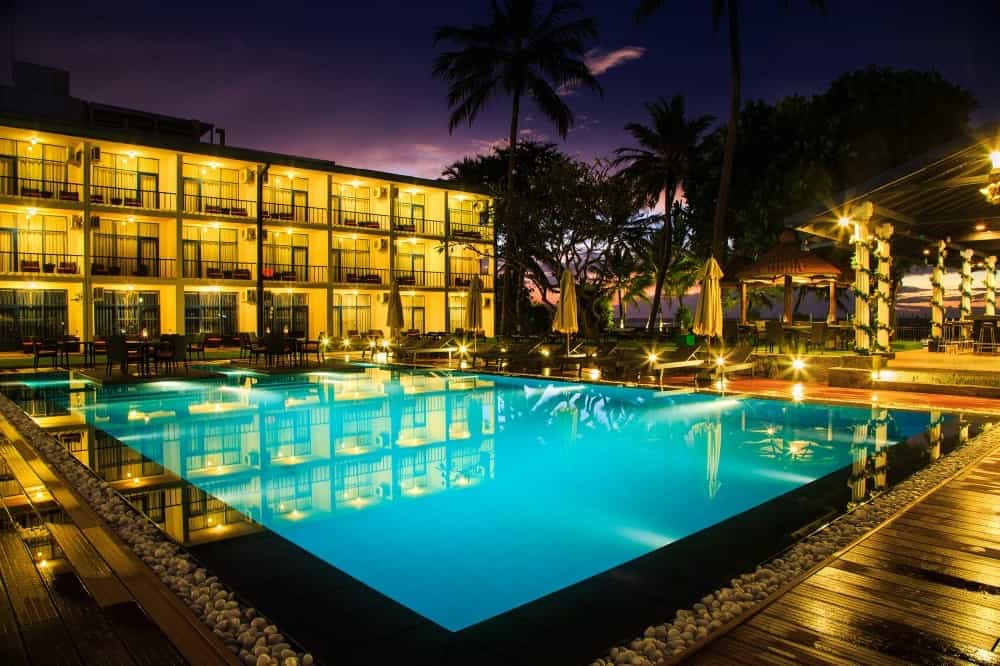
Negombo, Sri Lanka
On the first night, you'll usually stay at the comfortable Camelot Beach Hotel, situated on the golden belt of Sri Lanka's west coast with the Indian Ocean glistening on the horizon. Accommodation is on a twin-share basis. The hotel has two outdoor pools, a bar, a restaurant and a spa, as well as direct access to the beach.
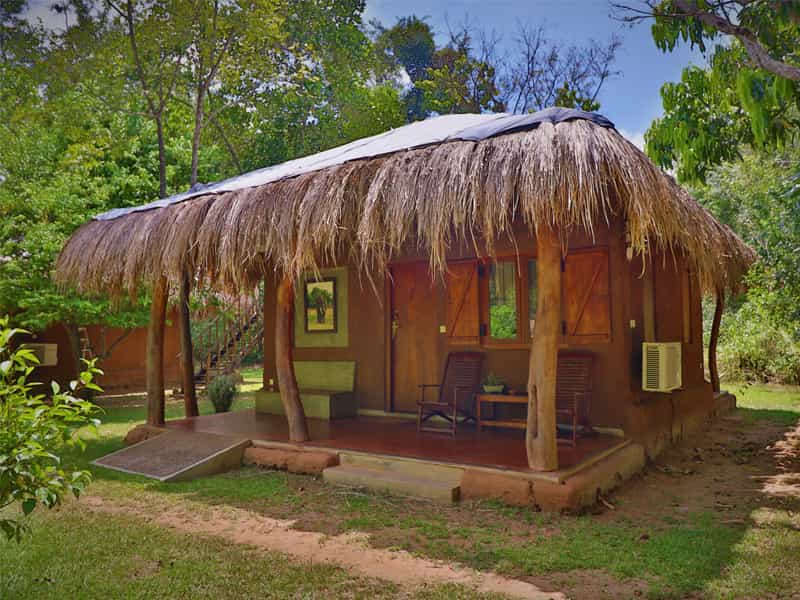
Habanara, Sri Lanka
You’ll usually spend the second night of the trip at an off-grid retreat and wildlife sanctuary called The Other Corner in Habanara. Accommodation will be in twin-share chalets, huts or tree houses immersed in the greenery. There is also a pool and restaurant surrounded by the lush natural environment. On some departures, subject to availability, you may stay at an alternative comfortable hotel with spa and pool, situated facing the magnificent Sigiriya rock in the midst of a small village named Digampathaha.

Gal Oya, Sri Lanka
You’ll spend two nights in a spectacular site called Wild Glamping Gal Oya. It's located near the Gal Oya National Park, a wildlife sanctuary boasting 150 species of vibrant birds and 32 species of mammals, including elephants. This wonderful site was built with the help of the local indigenous community during the height of the COVID-19 pandemic and a lot of the villagers now work at the site and farm. The property was built using locally sourced materials and uses solar for most of the electricity. You'll stay in lavishly designed tented lodges and there is also a pool. The restaurant serves mouth-watering dishes prepared using fresh vegetables harvested from the local organic farm, and lake fish caught from the fresh waters.

Kandy, Sri Lanka
Spend two nights immersed in a pristine jungle environment at Polwaththa Eco Lodges. The local community are at the heart of operations here, with a strong focus on responsible tourism. The property purchases all ingredients from within 5km, and they also run their own reforestation program. Accommodation will be in twin-share cabins, lodges or huts built from a variety of resources found on the land (such as wood, clay and brick). You'll be totally at one with the forest, coexisting in harmony with wild boars, deer, porcupines, giant squirrels, monkeys, butterflies, bats, fireflies and over 60 species of birds.
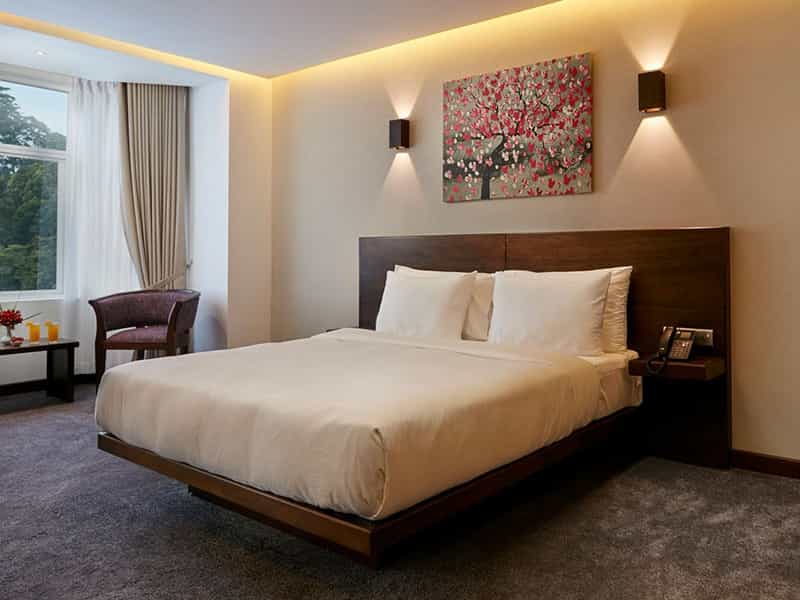
Nuwara Eliya, Sri Lanka
You'll stay one night at the 4-star Galway Heights Hotel, featuring charming living spaces, stylish design and nestled among the rich greenery of Sri Lanka's central hill country.

Ohiya, Sri Lanka
You'll spend one night at the simple but cosy Acacia Inn, a guesthouse in an untouched location surrounded by mountains and waterfalls. Far from everything, it's a pretty remote place, but that's the beauty of it! Accommodation will be in twin- or triple-share rooms, with ensuite bathrooms and hot showers. Beds come with fresh sheets, pillows and blankets.
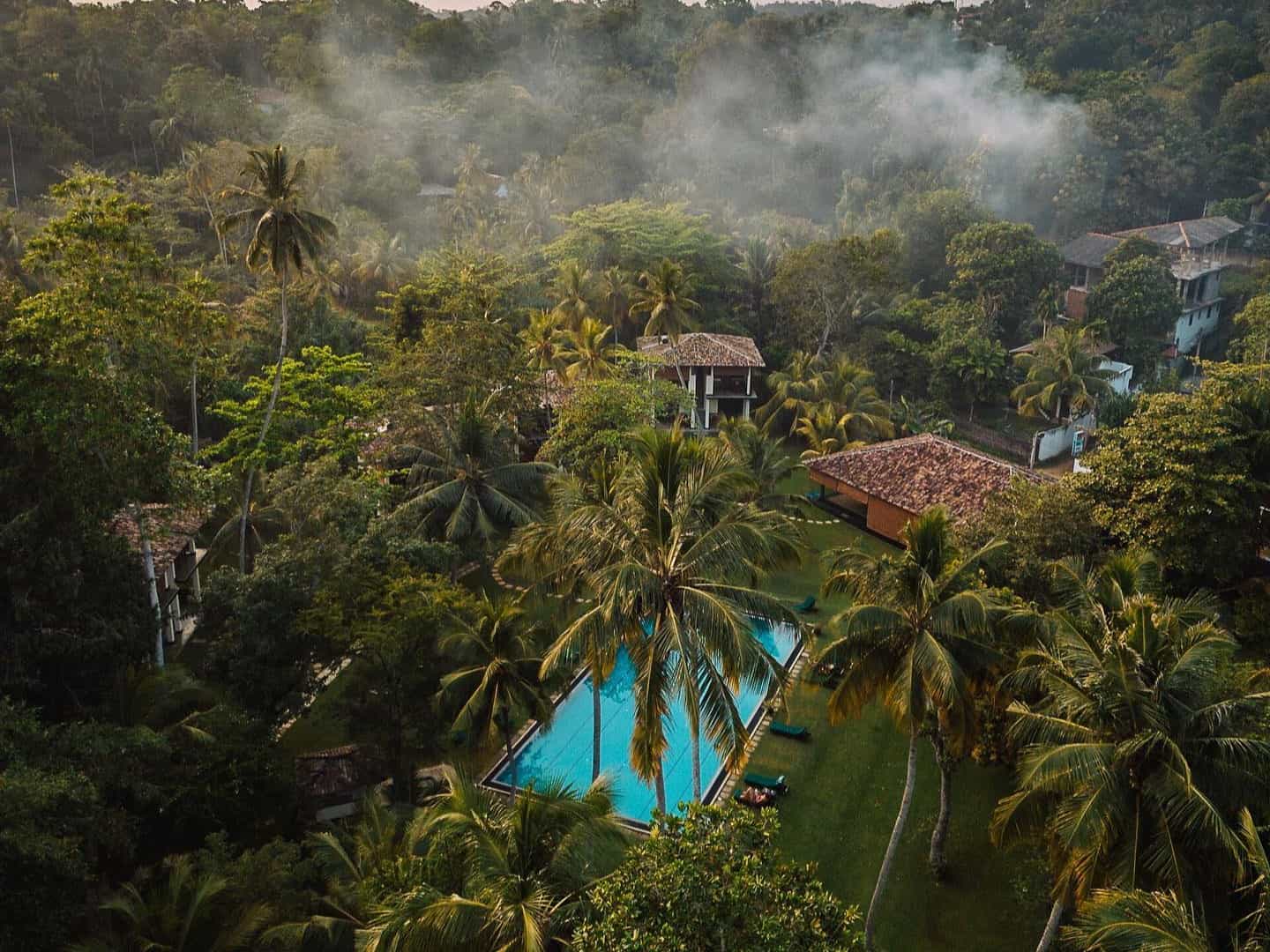
Talalla Beach, Sri Lanka
Your final two nights in Sri Lanka will be spent at the secluded Talalla Retreat on a pristine white-sand beach lapped by turquoise water, away from the busier areas of southern Sri Lanka. Accommodation is in twin-share rooms, which include open-air marble bathrooms, private patios, and great views of the lush gardens, pool or the Indian Ocean. The hotel's facilities include a 20m freshwater lap pool, three custom-built yoga pavilions, an Ayurvedic spa, and a gourmet open-air restaurant serving the freshest, healthiest meals with organic vegetables from their own garden.

Fulidhoo, Maldives
The final four nights of the trip will be spent at the small-scale beach hotel Thundi Sea View, in the tiny Maldivian island of Fulidhoo. The property is only a few steps from sea and next to a small beach, the perfect place to relax after your busy Sri Lankan adventure. The simple but comfortable en suite rooms feature sea views, and come with air conditioning and free WiFi access.
Upgrades
For solo travellers looking for their own space, an optional private room can be booked for an extra charge, see Optional Extras for the price and request this at the time of booking. Please note that due to the limited size of some of the properties used, availability is restricted and it's only possible for 13 nights of the trip: accommodation at Acacia Inn on Day 8 will be in twin or triple share rooms only.
This trip has been rated as Moderate
This trip is designed for those of average to good fitness, but none of the activities are hugely strenuous.
No previous yoga or surfing experience is needed, as these activities will be also tailored to first-timers. You also don't need to be an experienced hiker, although you should be able to trek for up to six hours across uneven terrain or dense jungle. You should also feel comfortable riding a bike for a couple of hours along flat ground. You need only carry a small day rucksack with any personal belongings, water, snacks, suncream etc. Please note that the climb up to Sigiriya does involve some sections of steel stairs and metal staircases clinging on the exposed side of the rock.
In the Maldives, an introductory briefing will be provided for snorkelling – the only requirement is that you must be comfortable in the water and able to swim. The hot, humid weather can be challenging to adapt to, so plenty of free time has been built into the itinerary to allow you to rest and avoid too many hours of sun exposure.
There are a few long drives (up to four hours), a train journey (four to five hours) and an internal flight to Male, but these will be a great chance to rest your legs while taking in dazzling views along the way. There are several early starts in order to avoid the heat and maximise the wildlife-spotting opportunities, so a sense of adventure and willingness here is key to enjoying the experience. However, there is also some leisure time built into the trip so you can fully enjoy the serene environment as you wish – reading by the pool, taking optional walks into local villages and slowing down to the pace of nature.
What if i need to skip an activity?
If you've never tried surfing or yoga, we recommend giving these a go, as tuition will be tailored to first-timers. However, we appreciate that yoga and surfing are not for everyone so if you prefer to opt-out from these activities, it's absolutely fine – you can just enjoy some extra leisure time in the jungle or on the tropical beaches.
What will I need to carry?
During the activities, you'll only need to carry a personal day rucksack (or a drybag for the water-based activities) with your essential items. Your main luggage will be transported or stored for you.
It may sound clichéd, but Sri Lanka is a year-round destination – although December to mid-April is considered to be peak season and will be a bit busier as a result.
Temperatures are fairly constant, with coastal regions enjoying average temperatures of 25-30°C, and the highlands 15-18°C. As this trip covers a lot of ground, it also straddles what have been considered different monsoon seasons (four, depending on which region you travel in). This means that throughout the year you are likely to encounter plenty of sunshine, some short, sharp downpours, fairly high humidity and plenty of blue skies, regardless of whether it has traditionally been called 'monsoon' or not. These categorisations are proving harder to predict, so an open mind and expecting every type of weather is a must! Rainproof gear is strongly recommended at any time of year.
With a tropical climate, plenty of sunshine and temperatures around 30°C throughout the year, there is never a really bad time to visit the Maldives. There are two distinct seasons: the dry season (northeast monsoon) from January to March and the wet season (southwest monsoon) from mid-May to November. 'Wet season' doesn't mean it rains all the time, but during this period there is more rain than during the dry season. This may be a daily heavy shower but it's very rare to have days and days of rain in succession or even for a full 24 hours. There is usually more wind during this season, but this helps keep the temperatures at a nice level and you can still expect plenty of blue skies and sunshine.
Like many places in the world today, the climate and weather patterns are changing and historical data is becoming less reliable as an indication of what to expect. As the islands are situated so close to the equator it is possible to get sunburn even on a cloudy day, so sunscreen should be applied as a matter of course.







Great trip - well organised with great hiking
This was a really well organised trip - in Sri Lanka Jagath our guide and Rohana our driver took care of everything an Ub in the Maldives did the same.
The itinerary was mostly well paced but you do need to be prepared for a lot of travelling and some very early starts.
The quality of the accommodation was mixed - usually good but the eco lodge was poor. This eco-lodge accommodation is basically a shed with a tin roof, and with torrential rain it was impossible to sleep as the noise was unbearable and one of the party had a Rat in her bathroom! The whole group refused to stay for the 2nd night and the nickname The Naughty Mutineers was born… We paid for a luxury hotel in Kandy and had a day seeing the cultural sights including the Sacred Tooth temple which is a UNESCO world heritage site and shouldn’t be missed. The benefit of this was the other location was close to Kandy station for the train so a much less early start was needed.
The Glamping was a real highlight and exceeded expectations as was the walk from that location. The climb on that walk was very hard and despite the high probability of seeing wild elephants, we unfortunately didn’t see them.
The train from Kandy was brilliant - but expect much colder weather when you get off - it was 32° in Kandy but only 12° at Galway Heights (which is another beautiful hotel).
Horton Plains, Worlds End and the Pekoe Trail were excellent trekking and the guides who accompany us on this were so knowledgeable about the plants, birds and animals encountered.
Throughout the trip in Sri Lanka the food was excellent at all accommodation but be prepared for it to be similar and there are limited options - daal is a regular.
The hotel at the beach for the last 2 nights was a long way to go for not a lot there - more than 4 hours in the van and then 3 hours to the Airport with the day starting at 04:30h this for me was an unnecessary part of the itinerary and would be better more local to the Airport.
On arrival in the Maldives expect a lot of hanging about waiting for the speedboat and that’s pretty much a wasted day of travel.
The island of Fulidhoo is a small atoll with limited dining options, but the guest house is clean and comfortable and thankfully air-conditioned. As a local island, alcohol is banned - something we had not fully appreciated until we arrived. The snorkelling is beautiful and make sure you see sunrise and sunset which are stunning.
On our free day our guide Ub organised a day pass at a local resort island for $100 so we could get a beer and cocktail on the last day.
Arrived home having a wonderful time but feeling like I need a holiday!
Great trip with great people
The trip takes you through the central highlands and to the Southern coast. Itinerary was jam packed with quite a few 5 AM starts but worth it. Jagath was great and the local guides were very knowledgeable as well. The accommodation was carefully chosen, with the glampsite in Gal Oya being a group favorite. Prepare for a long travel day to the Maldives (3 AM start and arrive at Fulidhoo around 5 PM).



Varied Adventures, Challenging then Relaxing
I loved the variety of vistas and experiences this trip offered. I highly recommend with a few tips: The fish market is closed on Sundays (the day the group visits), so go a day before if you arrive early; the kit list is accurate but take quick dry clothes and more outfits than you think you will need for hiking and changes for dinner wear; the six hour hike is foot time (on tired legs in the heat/humidity), but the day spans from 5:30 am to 5:30 pm - it is a very challenging hike and hard to get enough water (consider a rest day by the pool?); there wasn't a lot of downtime until the end of the trip as we arrived late and left early (no need to bring extra books!); the surf beach is packed with newbies jetting all over; I took trail runners but wish I had my boots for jungle hikes (glad I had poles); take weather proofs as we got caught in downpours in the highlands (take your dry bag on the bus to hold something dry and store your wet stuff); Jageth was a soft spoken, eager, and caring guide - I would have liked to hear a bit more about Sri Lanka, but we were rocking our tunes on the bus, so he kept mostly to the logistics; and if you leave the Maldives on a late flight, book a day stay at a posh resort! I wish the lunches and dinners that weren't included in Sri Lanka would be added - typically there is only one place and it would save time on fiddling with the bill (a lunch took over two hours and we nearly missed yoga). The Maldives was relaxing - even with all the wind we encountered. If you flight out leaves late, book a day stay at a posh resort. This is a most excellent adventure and the minor niggles won't phase an adventurer. This shared experience will be a fond memory forever.

Had a brilliant trip with
Had a brilliant trip with MBA to Sri Lanka and the Maldives. The guides were brilliant, the accommodation fantastic, the range of activities were great fun, and the group got on really well. Will be back for sure!
Itinerary Activities
- Guided sunset hike up Pidurangala Rock
- Guided cycling trip on the backroads of Habarana and Sigiriya
- Guided hike up Sigiriya (Lion's Rock)
- Forest hike with the indigenous Vedda people
- Boat safari in Gal Oya
- 2 yoga sessions
- Guided hike through the Kandyan forest gardens and waterfalls
- Train ride into the Nuwara Eliya tea hills
- Guided hike in the Horton Plains to Devil's Staircase (Pekoe Trail)
- Guided hike along a further section of the Pekoe Trail
- 3hr session of surfing tuition
- Morning snorkelling session in the Maldives
- Swimming and snorkelling session in the Maldives
Guides
- Expert, local, English-speaking guides
Accommodation
- 3 nights in beachfront hotels (Sri Lanka)
- 1 night in a stylish 4-star hotel (Sri Lanka)
- 3 nights in off-grid forest eco-lodges (Sri Lanka)
- 2 nights a community-run wild glamping site (Sri Lanka)
- 1 night in a cosy mountain guesthouse (Sri Lanka)
- 4 nights at a small-scale beach hotel (Maldives)
Meals
- All breakfasts
- 5 fresh, local lunches
- 9 tasty dinners
Internal Flights
- Your flight from Colombo (Sri Lanka) to Male (Maldives)
Transfers
- A scheduled arrival transfer from Colombo Airport between 08:00 and 16:00 on Day 1
- Group departure transfer to Male Airport on Day 15
- All transfers during the trip
Equipment
- All your cycling, surfing and yoga equipment
Permits
- All park permits and entry fees
Our trips are hassle-free by design. We include all the activities and equipment, as well as many of the meals, so you can simply rock up with your rucksack and share the adventure with your new pals.
Travel to and from the trip
Our trips do not include flights, trains or other travel to the start point and back from the end point.
Tips
Tips are not included in the trip cost. These are entirely at your discretion but there is an expectation to tip for good service. We recommend to tip the following for the whole trip:
- USD $30-35 per person for your your Sri Lankan leader
- USD $10-12 for each member of the bus crew in Sri Lanka (usually 1 or 2 drivers)
- USD $45 total per person for the activity guides in Sri Lanka – your leader will collect this in the form of a kitty and distribute it among the 25 local guides and assistants who provide their service during the trip (local hikes, bike ride etc.)
- USD $15-20 per person for your your Maldivian leader
Of course, you are free to tip more or less and the amount should be reflective of your perception of service and quality – a tip is not compulsory and should only be given when you receive excellent service.
Travel insurance
Travel insurance is compulsory for all of our adventures and you are required to provide your policy information before departing. Your insurance should include adequate protection for overseas medical treatment, evacuation/repatriation, your baggage and equipment and the specific activities involved on your adventure. We also strongly recommend it includes cancellation and curtailment insurance, should you be unable to join your trip for specific reasons such as illness. Our recommended travel insurance provider is Campbell Irvine, as their insurance offers all of the above.
Visas
To secure your visa for Sri Lanka (Electronic Travel Authorization or ETA) apply via the official government website. Usually, the visa is granted within 48 hours of application – make sure you print a copy or take a screenshot of the approval page for when you clear security on arrival.
Maldives Immigration issues an on-arrival visa to all tourists, if the entry requirements are complied with. A traveller declaration must be filled in and submitted by all travellers travelling to and from Maldives, within 96 hours prior to your travel. You may submit the form electronically via IMUGA.
Personal Expenses
You know your own spending habits best, so please budget an appropriate amount for things like optional meals and drinks, shopping, optional activities, and laundry.
What equipment is included?
All equipment for cycling, yoga, surfing in Sri Lanka is included, and for snorkelling in the Maldives.
However, although snorkelling gear is included/available while in the Maldives, we strongly recommend that you bring your own mask and snorkel – not only for better comfort, but you'll also be able to use them during your free time throughout the itinerary.
What do I need to bring?
BAGS
- Main luggage (a suitcase, backpack or duffel is fine but not too big as luggage will be packed on the bus with you)
- Daypack (30 litres - for daily essentials and overnight use on the Pekoe Trail)
- Drybag for all water-based activities
CLOTHES
- Waterproof jacket
- Waterproof trousers
- Breathable wicking layers
- Lightweight trousers/shorts/skirt (light long sleeved shirts and trousers are recommended for jungle hikes and safari)
- Lightweight, casual, non-synthetic clothing for the Maldives
- T-shirts
- Underwear and socks (leech socks will provided when you hike along the Pekoe trail but you may want to bring an additional pair for the other jungle hikes)
- Swimwear – rash vests or t-shirts are recommended for snorkelling, to avoid sunburn
- Sunglasses
- Sunhat
- Something to sleep in
- Hiking boots or shoes (worn-in)
- Sandals and flip flops
OTHER
- Dive certification card and log book, if you intend to participate in SCUBA diving
- Playing cards
- Sea sickness tablets or wristbands
- Universal travel plug adapter
- Power bank or solar charger
- Passports (and visas)
- Travel insurance documents
- Ear plugs
- Insect repellent
- Plenty of high-factor, reef-friendly sunscreen (pack more than you would for a normal beach holiday), aftersun lotion and personal hygiene products. Check out this blog for more information
- Personal first-aid kit (inc. blister treatment)
- Personal items (biodegradable toiletries, sanitary wear etc)
- Toilet kit (toilet paper, biodegradable bags to carry paper out to dispose of)
- Quick-dry towel
- Alcohol hand-gel
- Headtorch or torch
- Reusable water bottle (x1 litre)
- Biodegradable wet-wipes
- Energy bars and snacks
- Water purification tablets/treatment system
Additional night in Negombo Single Room
Payable Before Departure
Additional night in Negombo Single Room
…
Additional night in Negombo Twin/Double Room
Payable Before Departure
Additional night in Negombo Twin/Double Room
…
Optional Private Room Upgrade (13 nights)
Payable Before Departure
Optional Private Room Upgrade (13 nights)
…
Private Arrival Transfer Colombo Airport - Negombo Hotel (1-2 pax)
Payable Before Departure
Private Arrival Transfer Colombo Airport - Negombo Hotel (1-2 pax)
…
Private Arrival Transfer Colombo Airport - Negombo Hotel (per person, 3+ pax)
Payable Before Departure
Private Arrival Transfer Colombo Airport - Negombo Hotel (per person, 3+ pax)
… Per person
We partner with the World Land Trust to ensure this trip achieves Net-Zero emissions. We also support their Buy an Acre programme, helping local communities to buy and protect natural habitats in perpetuity.
What's the number?
It works out on average at 826kg of CO2 emissions per person, including all local transport, accommodation, food, activities, guides, staff and office operations.
The only thing it doesn’t include right now is flights and travel to the destination. We do make an overall estimate across all our customers separately, but as we don’t book flights, have customers from all corners of the world, and no way of reliably knowing their travel plans, we simply can’t include an individual number in the figure on display here. We’ve got a goal to fix that, so that when you book, there is a way to measure and mitigate the carbon emitted by your flight too.
But what does the number mean?
Yep, hard to picture eh? To give you an idea:
- Driving 1000miles/1609km would be approx. 281kg of CO2 in an average car (or 140.5kg per person if there was 2 of you in it).
- A return economy class flight London - New York would be approx. 1,619kg (1.66 tonnes) per person.
- 10 trees in a temperate forest are estimated to remove approx. 250kg of CO2 from the air in a period of 5-10 years.
What are we doing about it?
Our trips are relatively low-carbon by design, and we're working with all our hosts to develop long term carbon reduction plans. We partner with the World Land Trust to ensure this trip achieves Net-Zero emissions. We also support their Buy an Acre programme, helping local communities to buy and protect natural habitats in perpetuity, ensuring the protection of the reserve and its wildlife.
Want to know more?
Amazingly, no international travel company has ever publicly published their carbon measurements before, as far as we know. We believe that must change, quickly. So we’re openly sharing the method we used in the hope that other companies will be able to more easily follow suit and build on what we've done so far. You'll find it all here.
Marta Marinelli, raised in Italy’s serene Prosecco Hills, dreamt of global adventures, inspired by her father's travel stories. Her passion evolved into a career, backed by a decade of studies including degrees in international tourism and destination management. She’s worked in the adventure travel sector since 2012, living in Italy, the UK, and now sunny Portugal.
Over twenty years, Marta has explored over 60 countries, visiting remote areas like Ghana, Rwanda, Sao Tome and Principe, Haiti and Nepal’s Upper Mustang region. As a Senior Adventure Expansion Manager at Much Better Adventures, she focuses on creating life-changing experiences, ranging from multi-activity adventures, challenging treks to ultimate adventures in iconic places. She loves the challenge of finding the best local adventure hosts around the world, collaborating on adventures that offer genuine immersion, pushing beyond the beaten path and working on exclusive itineraries that challenge your comfort zone.
What makes her tick? Enabling people to live adventure-rich lives while positively impacting and empowering local communities around the world, generating sustainable opportunities for both the host, guides, community, and the environment.
On the trip you'll spend a day with the Veddas, the last indigenous people in Sri Lanka. Many Veddas nowadays have ventured into agriculture so traditional hunting is fading away, but the Veddas you'll meet still live following authentic traditions. Through this cultural exchange, you'll be playing an active part in the maintenance of indigenous culture through its celebration.
You'll also visit remote rural villages – a fantastic opportunity to learn about local culture, history, and the adaptation of remote communities to contemporary life.
We have selected a number of extraordinary accommodation providers who practise responsible tourism in the true sense of the word. Here, food is locally sourced, construction materials are mostly natural and have been chosen to respect the environment. Local operations are also managed by the communities themselves, a successful example of how community-based tourism can be beneficial when done sensitively.
The tap water in Sri Lanka and the Maldives is not always friendly on the stomach. You may find purified water in some of the accommodation which you can use to fill up each morning, so be sure to pack a reusable water bottle or two. To avoid plastic waste where filtered water is not available, we suggest bringing water purification tablets (or an alternative purification system) for extra safety.
In the Maldives, your guide may recommend that 5L bottles of water are purchased and used to fill reusable water bottles. In this case, these bottles will all be returned to Male and handed over to a trusted local recycling project run by Parley.
To secure your visa for Sri Lanka (Electronic Travel Authorization or ETA) apply via the official government website. Usually, the visa is granted within 48 hours of application – make sure you print a copy or take a screenshot of the approval page for when you clear security on arrival.
Note: As of 2nd August 2024, Sri Lanka has temporarily suspended the online visa (eVisa) application system. You can obtain a visa on arrival.
Maldives Immigration issues on-arrival visa to all tourists, if the entry requirements are complied. A traveller declaration must be filled in and submitted by all travelers travelling to and from Maldives, within 96 hours prior to your travel. You may submit the form electronically via IMUGA.
Your local host will do their best to operate the itinerary as communicated; however, for your safety and comfort some changes may be required based on the weather and or sea conditions. In the Maldives, all boat transfers are operated by independent companies and although they operate at scheduled times, services can occasionally get delayed or cancelled at short notice due to weather conditions, public holidays or mechanical failure. In the event of a cancellation, your guide will make alternative arrangements and reschedule any of the inclusions whenever possible.
In the unlikely event of significant itinerary changes which involve substantial extra costs (such as extra nights in hotels etc.), this would need to be borne by the customer to be claimed back via your travel insurance.
Ramadan will take place from 28th February to 31 March 2025, and 17th February to 18th March 2026. Ramadan is an Islamic festival where all Maldivians do not eat or drink during daylight hours. While this is a really interesting time to travel, you can expect some business hours will be shortened, and local cafes or restaurants will generally not open during daylight hours. Possibly the timings of local ferry and speedboat transfer services will change too. Activities for local people tend to be limited during the day and the nights are very active with family gatherings and lots of different foods being sold and consumed. However, in hotel restaurants and tourist areas food and drink are served as normal and Ramadan will not affect the inclusions on your trip. Your guide will adjust the timings of your itinerary if necessary. Although there are no restrictions for non-Muslims during Ramadan, it is respectful to refrain from eating, drinking or smoking in public areas during daylight hours.
High temperatures and ever-present sunshine mean that locals and visitors alike prefer dressing in lightweight materials. Cotton t-shirts, skirts and shorts with sandals or flip-flops are the best options for staying cool.
Please note that the Maldives are a Muslim nation, therefore care needs to be taken regarding dress on small islands and in local communities. Whilst it is acceptable for men to wear t-shirts and shorts/swimshorts, women should avoid causing offence by maintaining a more conservative approach. T-shirts with sleeves that cover the shoulders, loose shorts that cover the thighs, or sundresses with a sarong around shoulders are advised. Whilst the islands you'll visit are more tolerant of guests wearing traditional beachwear, women should NOT wear swimwear unless on an uninhabited island, sandbank, private tourist bikini beach (available on all islands you'll stay on) or snorkelling/dive boats. Your guide will advise when and where this is possible. It is common practice for both local women and female visitors to swim from local public beaches wearing a t-shirt or rash vest with shorts or leggings.
When visiting the home of a local family or where you may have access to mosques, shoulders and legs should be covered fully by both men and women out of respect for local customs.
Whilst snorkelling equipment is included on this trip, we would advise bringing along your own mask and snorkel where possible. Not only will you be assured the mask fits your face properly (making it more comfortable and less likely to leak), it's also more hygienic. A mask and snorkel are small and light, so they should take up very little space in your suitcase!
Due to the ocean current and wind conditions in the Maldives, the use of fins is essential for almost all snorkelling and these are included in all snorkelling activities. However, if you want to ensure a perfect fit, you are always welcome to bring your own.
It's advisable to exchange a small amount (around $50) at the exchange desk in the airport. Please note that it is not possible to exchange currency to USD, only to MVR. MVR can only be exchanged back to the original currency prior to your departure if you have a receipt for an arrival exchange from the Bank of Maldives exchange counter in the airport.
The US Dollar is generally accepted as legal tender. All major credit cards can be used (and are preferred) at resorts, hotels and shops. On smaller islands, it is usually only hotels, guesthouses, shops and larger restaurants which accept credit cards, and cash is generally preferred. Small restaurants, cafes and activity providers will generally request payment in cash. Most restaurants and shops will accept USD in payment, but will provide change in local currency.
Your guide will provide a full briefing on responsible snorkelling prior to your trip. As a general rule, fish, ray or shark feeding should be avoided. It is harmful to marine life, to the ecosystem, and potentially to the people in the water (whether it be snorkellers, swimmers, or divers). Hand-feeding marine life promotes a behaviour called conditioning, where the animals learn to associate humans with food. When fish start to anticipate meal times with humans, it interferes with their natural feeding cycles. As a result of behavioural conditioning through fish feeding, unprovoked marine animals may attack (bite) humans, thinking they will receive food or mistaking fingers and other body parts for food.
Please also make sure you do not touch corals or marine life. Simply touching animals or coral can be as damaging in the long run as intentionally killing or catching them. Many animals, including turtles, rays and many species of sharks, can become vulnerable to harmful bacteria through human contact, leaving them susceptible to disease.
Unfortunately, like many coral reefs around the world, the Maldives reefs have been impacted by bleaching. However, there is still an abundance of marine life and in areas not subject to high levels of reclamation and development (which adds stress to the reef's rejuvenation) there is positive evidence of coral rehabilitation. The impact of bleaching varies from atoll to atoll, therefore you may observe great corals in one location but poor ones in another. Your local host is involved in a number of coral reef projects with NGOs, including Coral Doctors, Save the Beach and Maafushi Eco Dive, who support coral planting in areas where the reefs have been significantly impacted.
It is impossible to say exactly what you will need during your island stay as this varies depending on personal preference, the number of extra optional activities you choose and any souvenirs you may like to purchase. While on the islands, approximate prices are as follows:
Snack lunch: $5-$10
Evening meal in guesthouse or local restaurant: $10-$25
Tea/coffee: $1 for Nescafe, to $5 for barista-style coffee
Soft drinks: $1.50
Water 1.5L: $0.50
General excursions: from $25-$100 per person
Watersports: from $10 per person for 60-minute non-motorised rentals
Discover Scuba Dive: $65-85 per person, including equipment
Certified Dive: $70-90 per person, including equipment and tax
Two-hour Guided Snorkel: $60 per person, including equipment
*rates for services provided locally and payable direct to the provider remain subject to change.
This trip visits locations where daytime temperatures can be extremely high during the times of year when this trip operates. High humidity and limited access to shade can also be factors, and warm temperatures can continue into the nighttime, which additionally influence the body’s ability to cool down. Personal care should be taken to keep cool as best possible in the conditions, such as wearing appropriate clothing and proper hydration. Very high temperatures can impair an individual’s physical abilities to perform an activity that they may otherwise be able to do competently at cooler temperatures. People may experience symptoms associated with dehydration and Heat Stroke. Your guide(s) are trained to mitigate the risks associated with high temperatures, by carefully managing the intensity of the activity, and to provide the appropriate support response should someone feel ill during the trip. Should you experience health issues during your trip you should inform your guide immediately so the proper care can be provided.
Sure can! Over 70% of our travellers travel solo, it’s a great way to meet like-minded people.
Our team of Adventure Hunters co-create exclusive adventures which are run by highly vetted, specialist hosts. The trip is run by our trusted host partner in the destination. We only work with independent, local, in-destination experts who know the very best places to explore and how to stay safe. Read more information about the local teams we partner with. You’ll be introduced to the host straight after making a booking via the Much Better Adventures platform.
Much Better Adventures refer to the UK Government’s official travel advice when designing trips and monitoring trip operations. We recommend that all customers are familiar with the practical information provided on the Government’s FCDO website, where current travel advice can be found by searching for the applicable destination(s).
For customers joining this trip from other international destinations – please also read the official travel advice applicable to your country of residence/origin, as this may differ.
We recommend checking out the country-specific information and also talking to a travel nurse.
We automatically convert prices from the local currency that a host receives to your chosen currency. We update our exchange rates on a daily basis so this does mean that prices displayed on the site are subject to currency fluctuations, which is why you may see them change over time.
If you wish to change the currency you pay in, head to the bottom of the page.
All of our group adventures are specially designed for adults to enjoy as we want these adventures to bring together outdoorsy people who are truly like-minded. You must be over 18 to join one of our trips.
You're always in good company on one of our adventures.
Our trips are typically made up of a mixture of solo travellers and small groups of 2 or 3 friends, with most in their 30s-50s.
Our sociable adventures are solo-friendly by design and naturally attract outdoorsy people with a shared mindset; a love for adventure, a desire to push themselves and meet awesome, like-minded people along the way.
It’s this camaraderie that has so often turned a great adventure into a life-changing one.
Don't just take our word for it:
- 95% of people rate the group dynamics on our trips 5/5
- 90% of people recommend joining a trip to make new friends
- 75% of people have met people on our trips that they would now consider friends
See here for more info about the Much Better Adventures tribe.
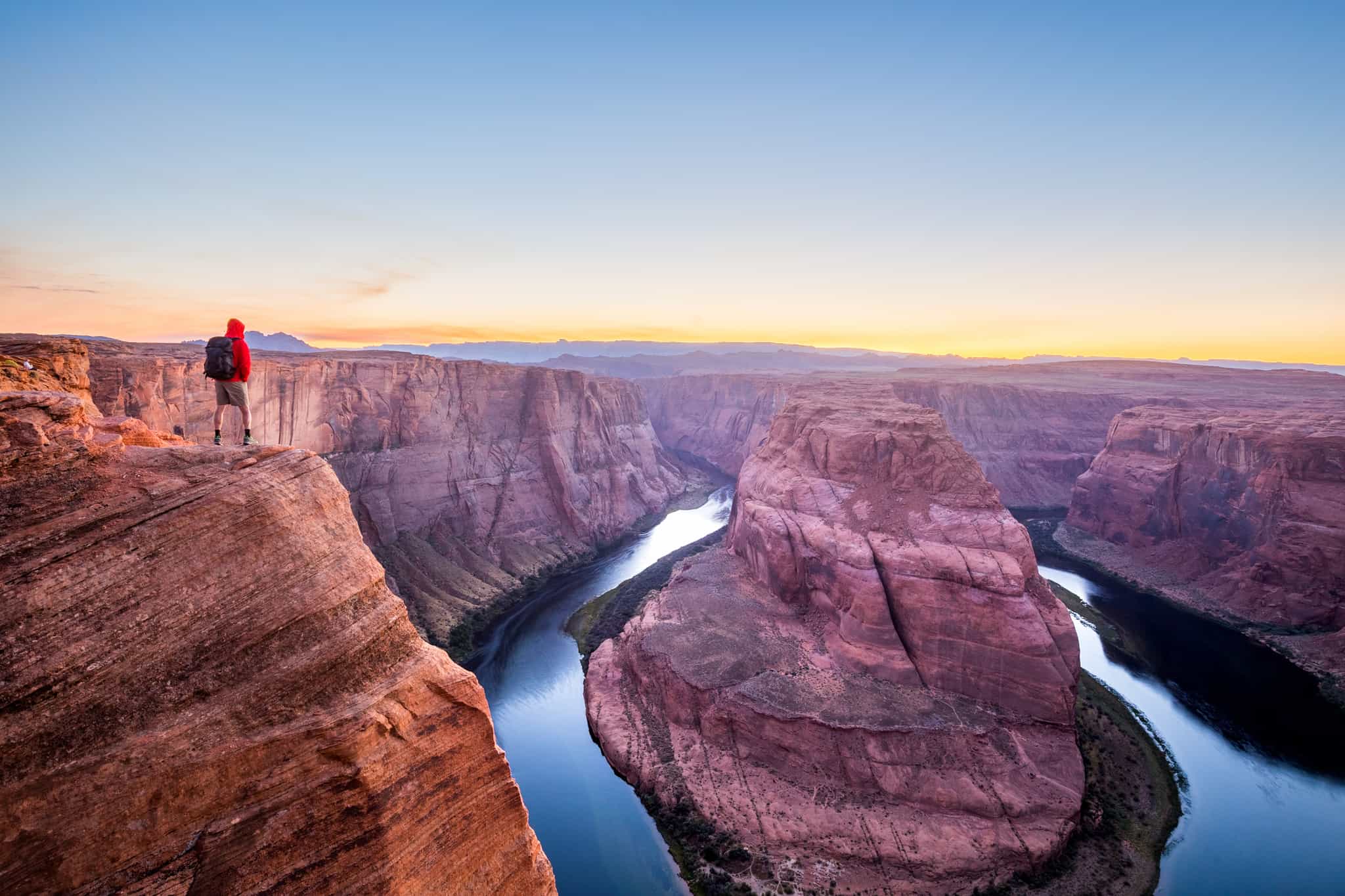
Explore our range of over 200 worldwide adventures
We've got your back
Guaranteed to run
All Much Better Adventures trips are now guaranteed to run. Once you’ve booked your spot you can immediately make your travel arrangements, no uncertainty, no hanging about (excludes 'request to book' departures). Full details
Flexible payments
Secure your spot with the minimum deposit and pay off the remaining balance in as many instalments as you like, with no interest or fees. Full details
Happiness Guarantee
We’re so confident you’ll have an amazing time we’ll put our money on it. Full details
Full financial protection
To give you complete peace of mind Much Better Adventures is backed by ABTOT, ABTA and ATOL memberships. Full details
Tried & Trusted
Much Better Adventures is rated ‘Excellent’ on Trustpilot with over 1000 verified trip reviews averaging 4.8/5.
Connect before you go
You'll be invited to join a WhatsApp group to get to know each other before your big adventure together. Full details
DEPARTURE DATES
Saturday 18th October 2025
to Saturday 1st November 2025


